
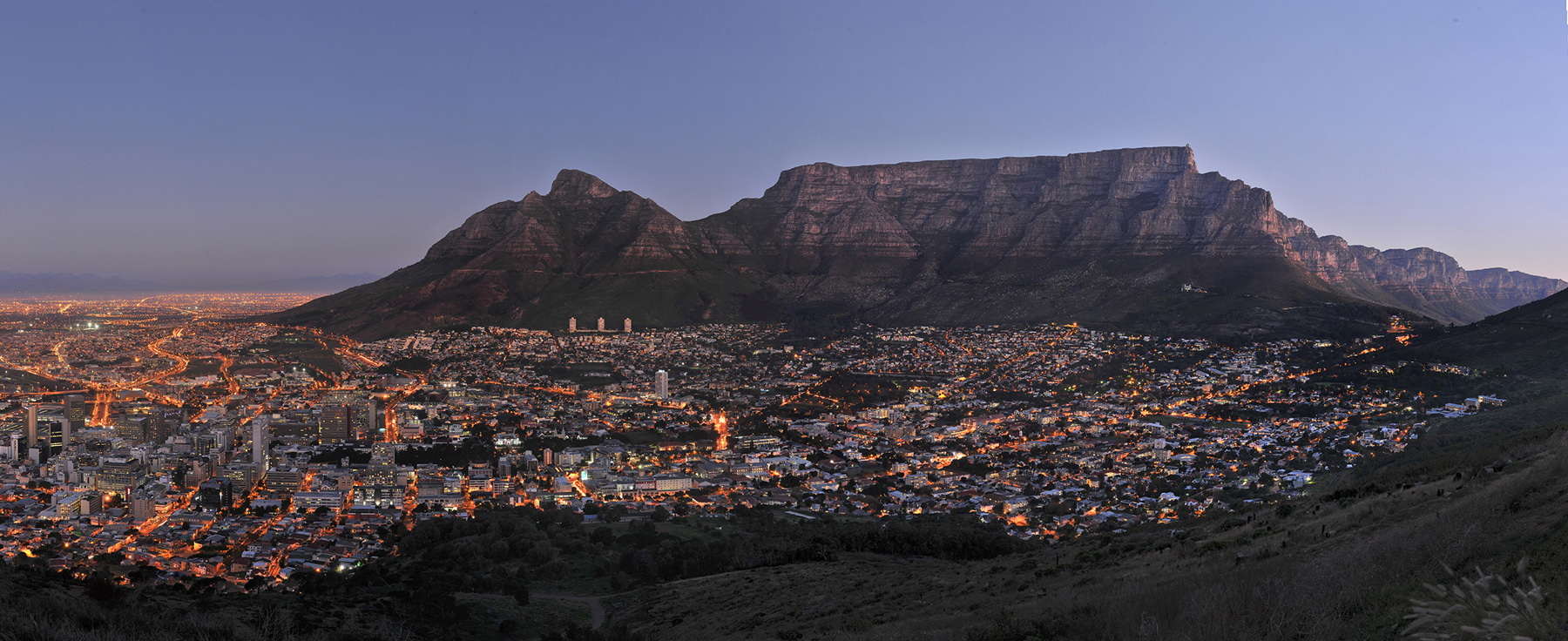
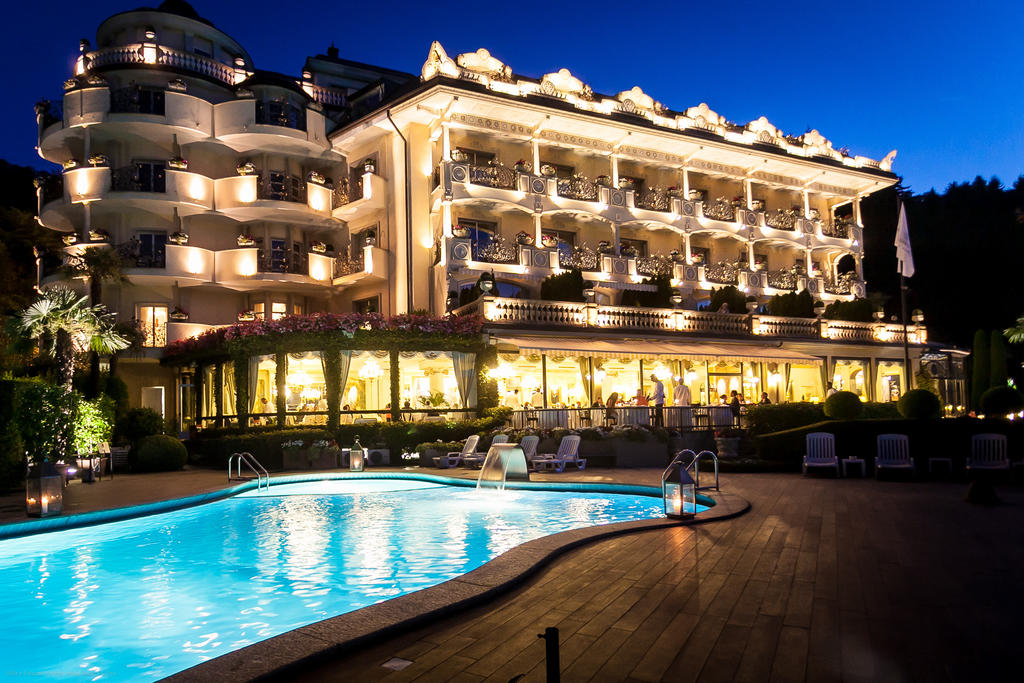
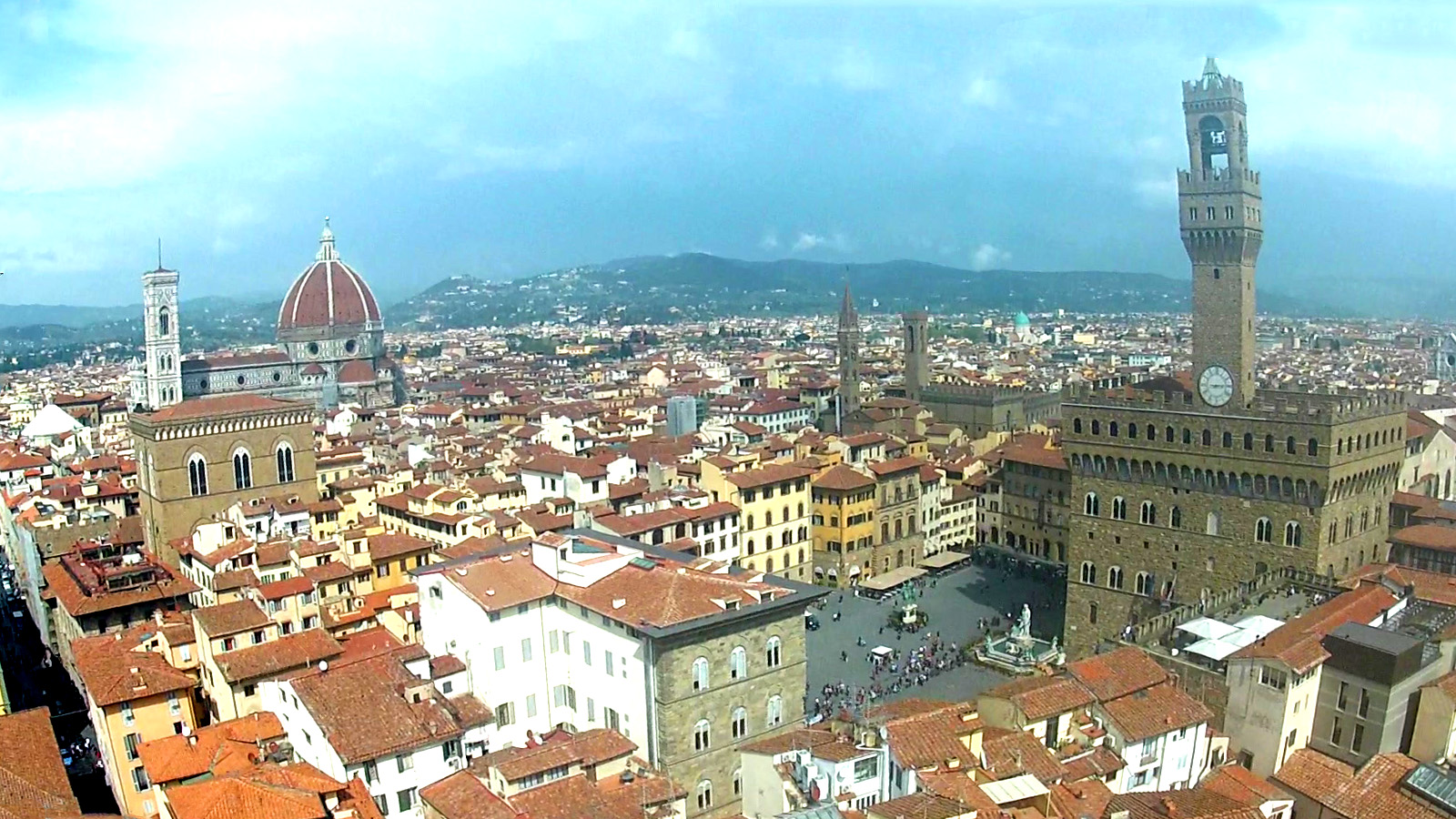

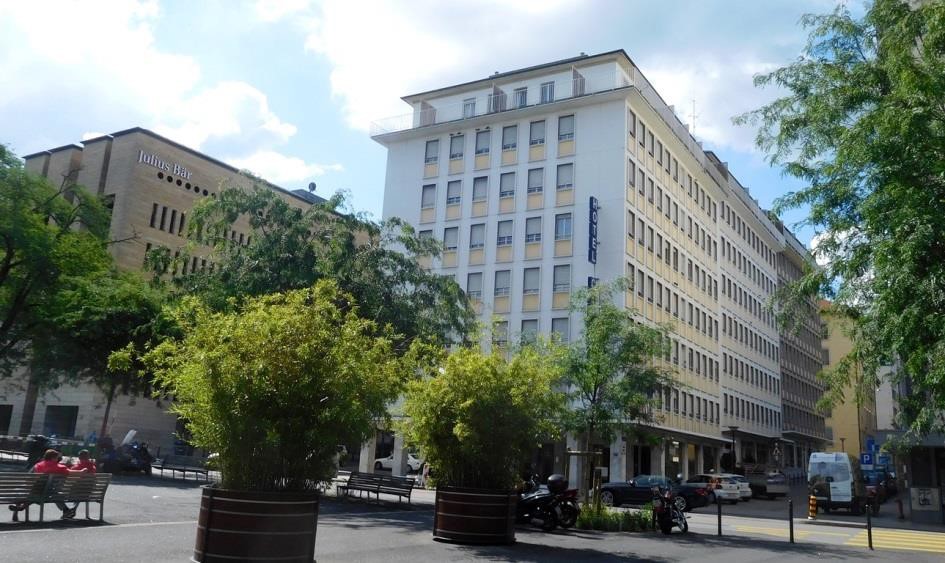
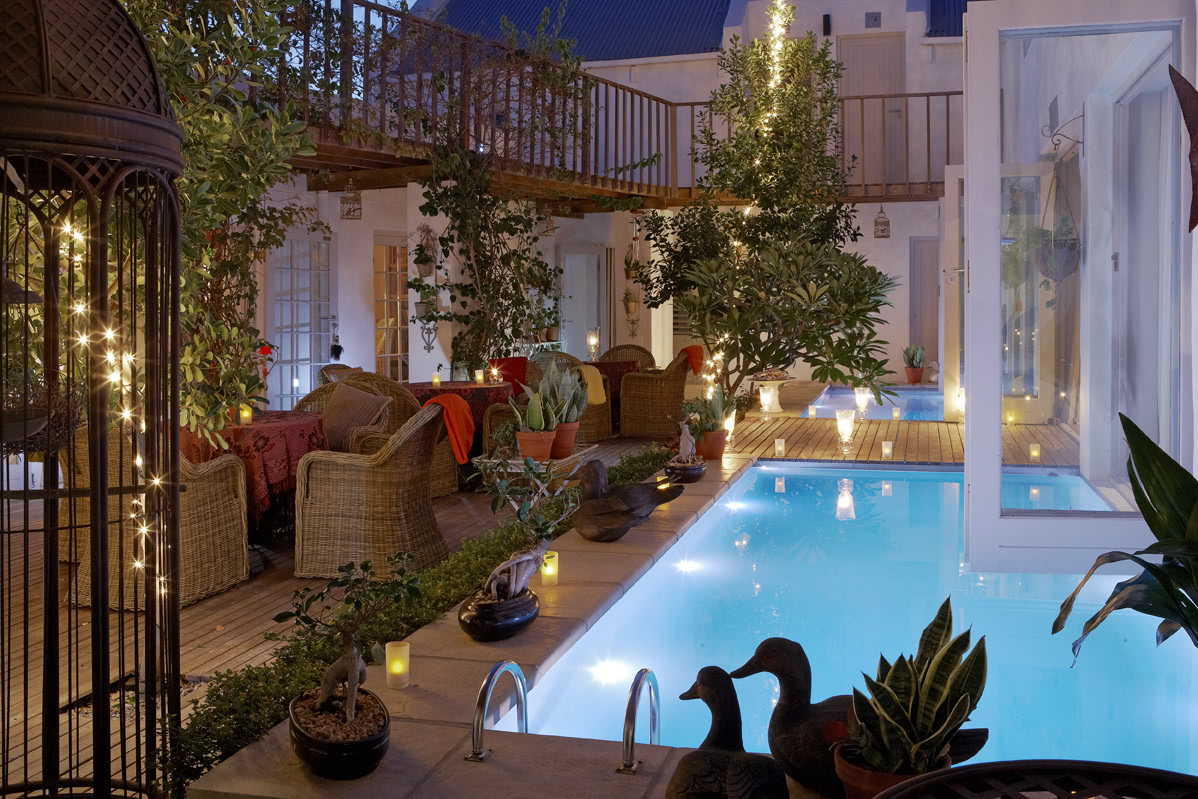
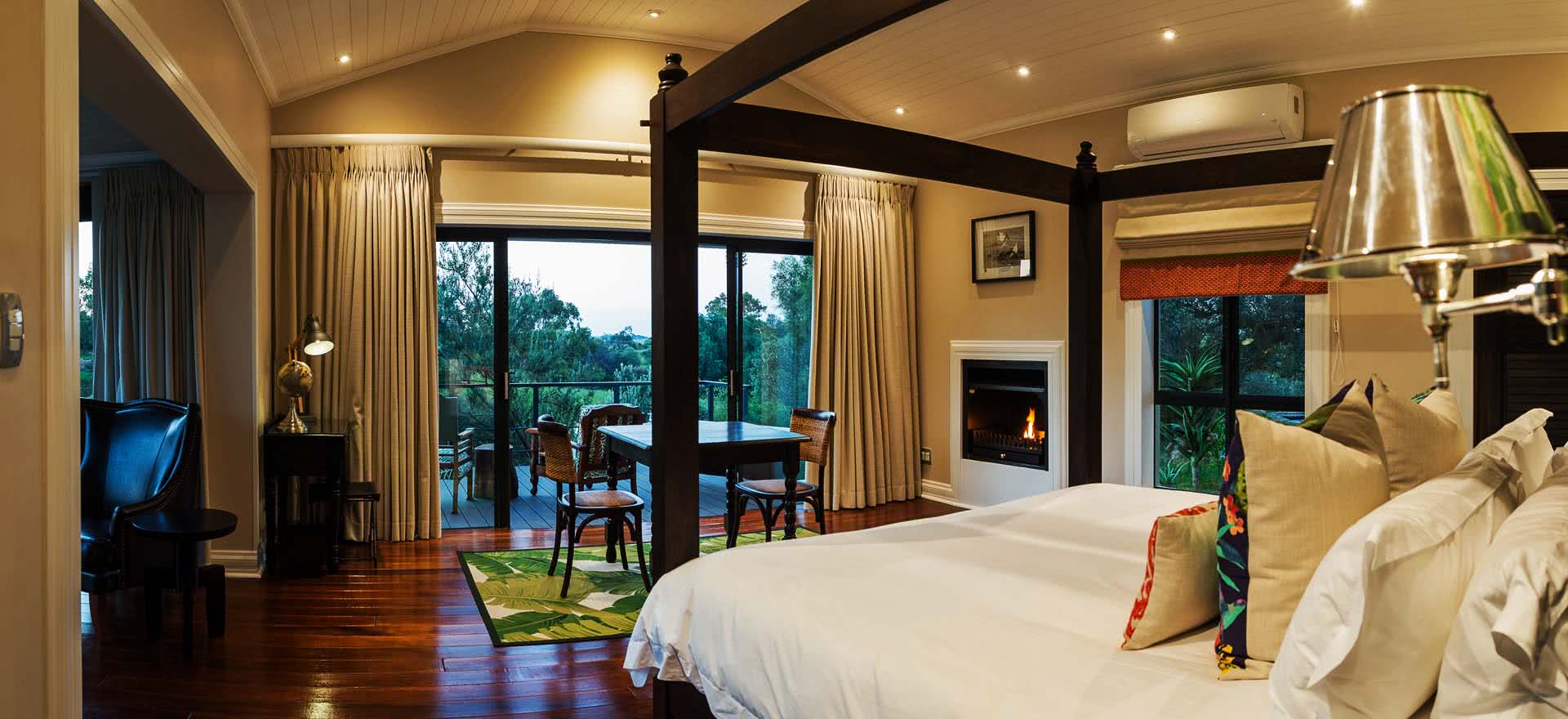
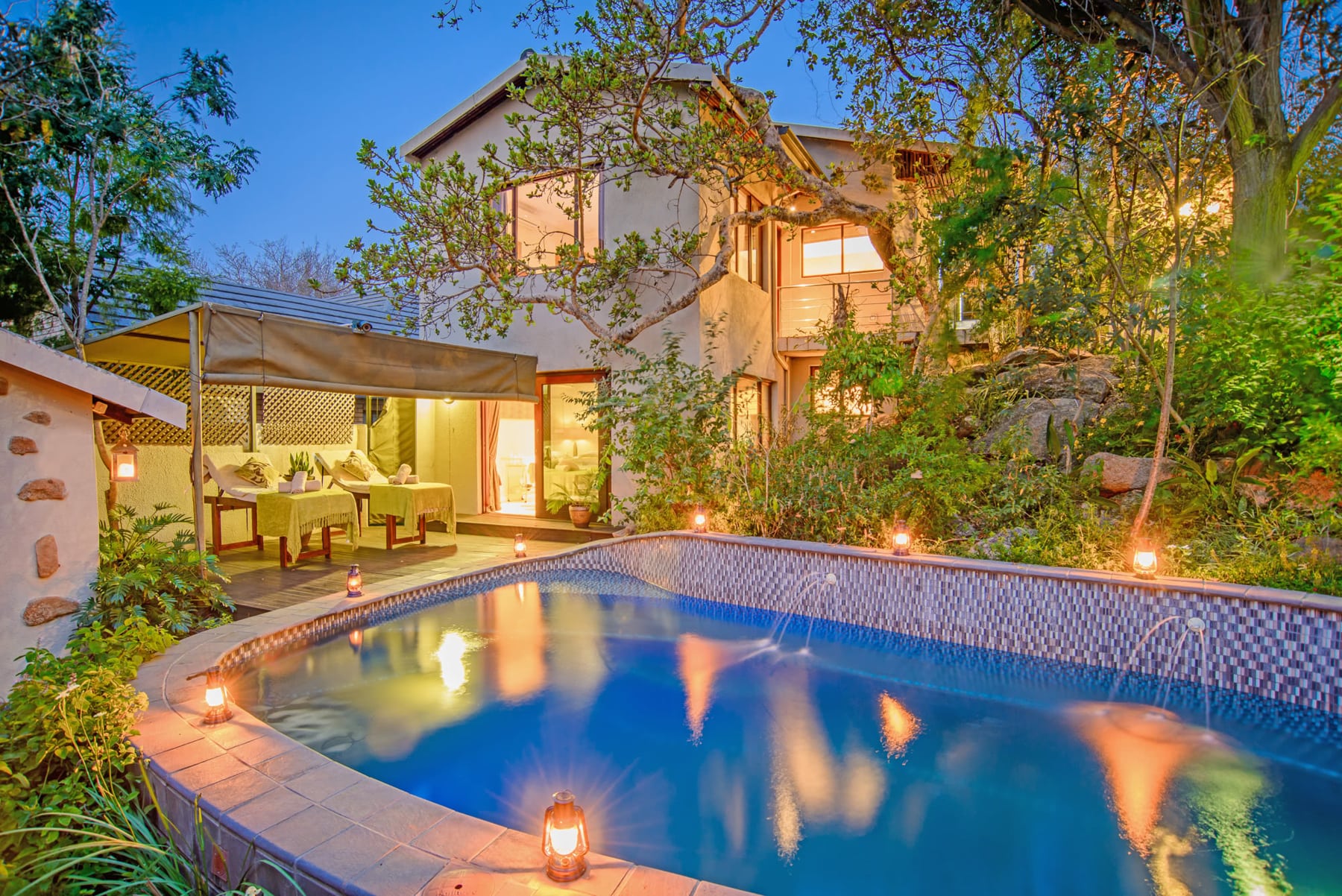

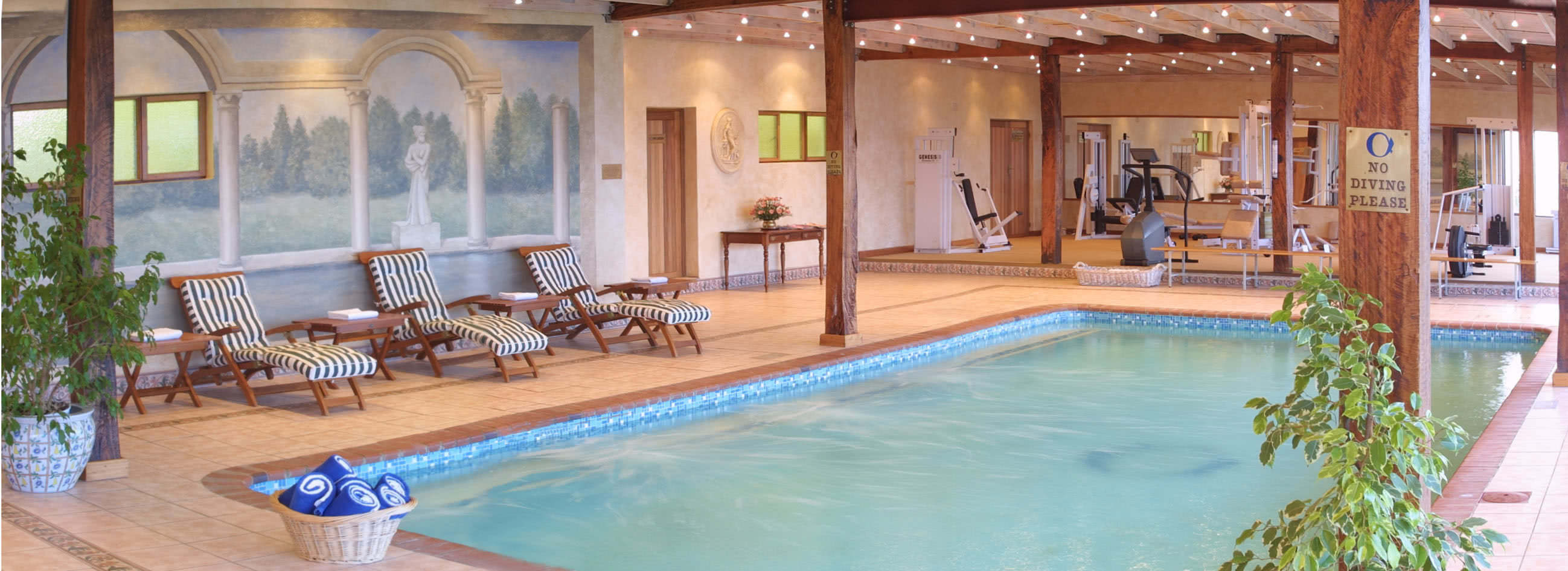
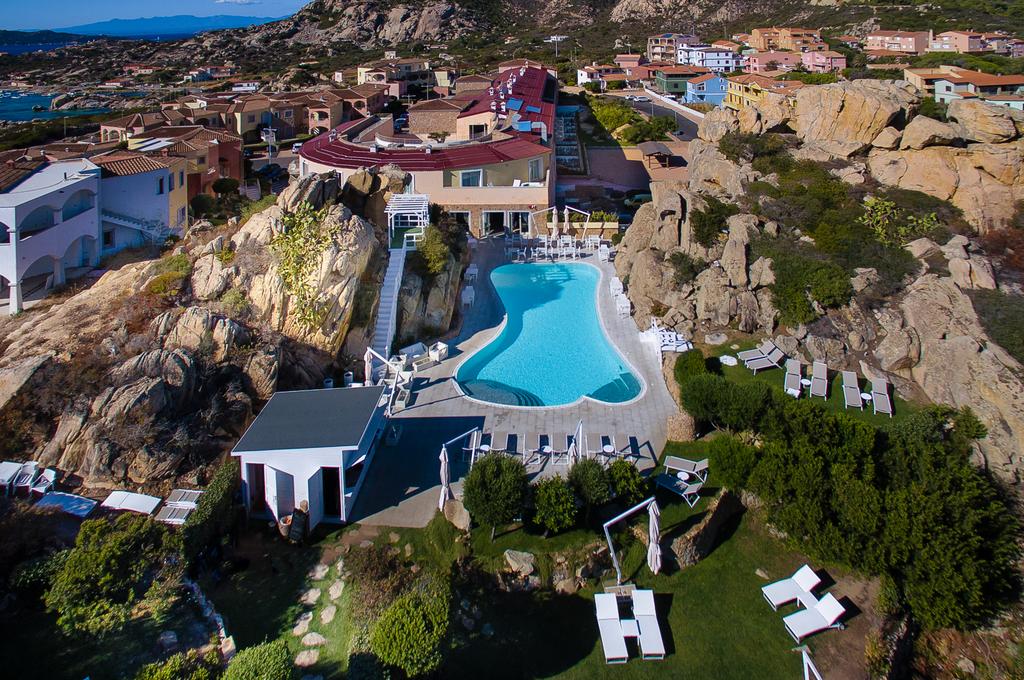
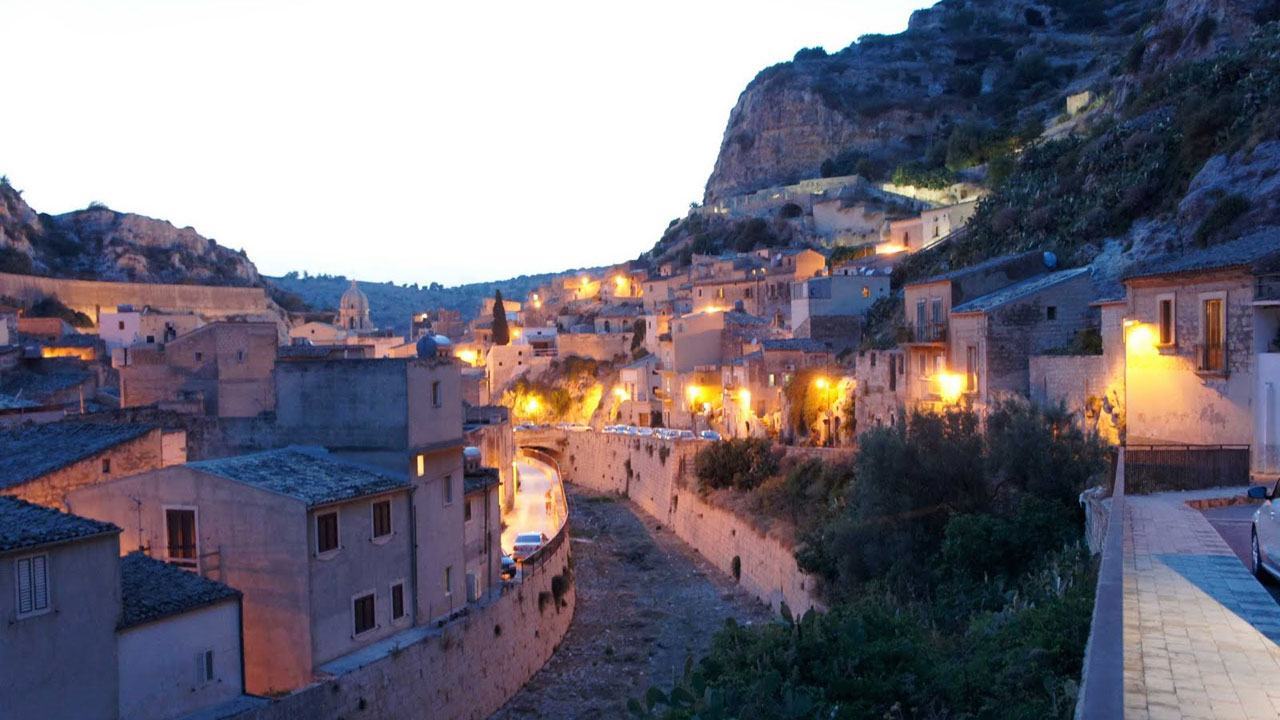
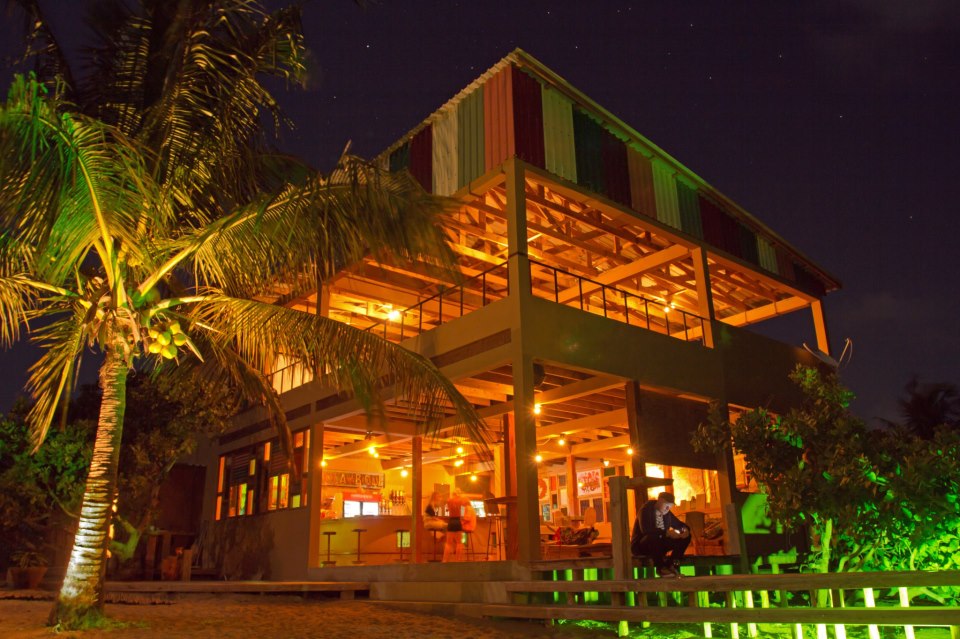
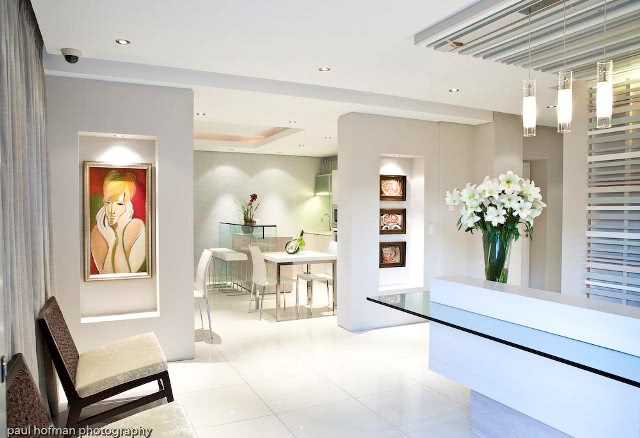
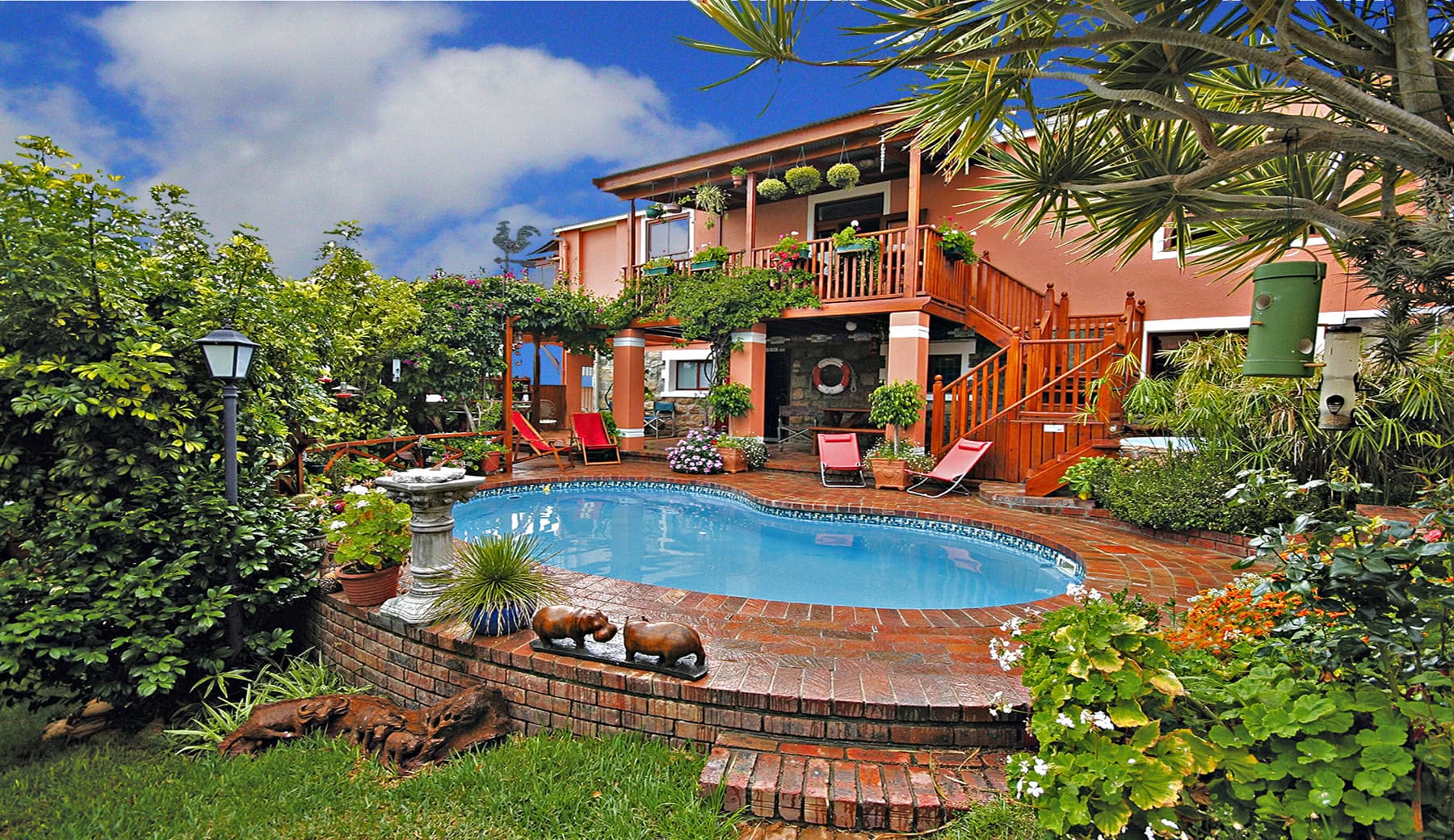
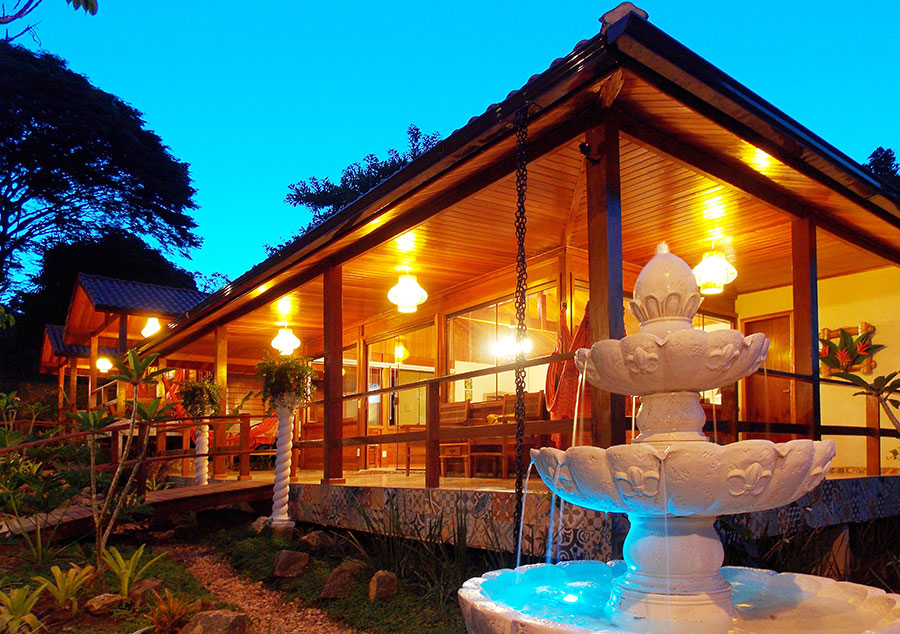
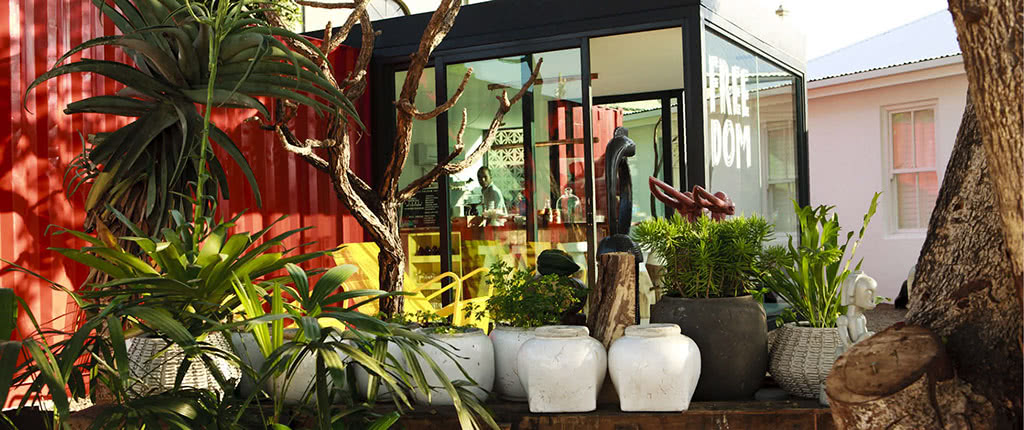
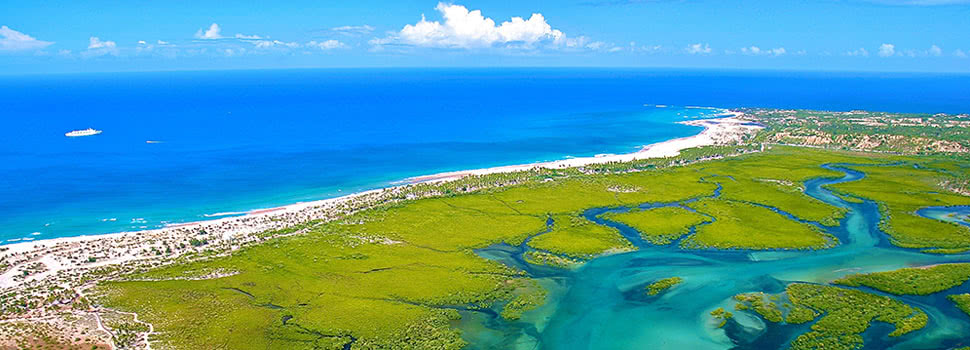
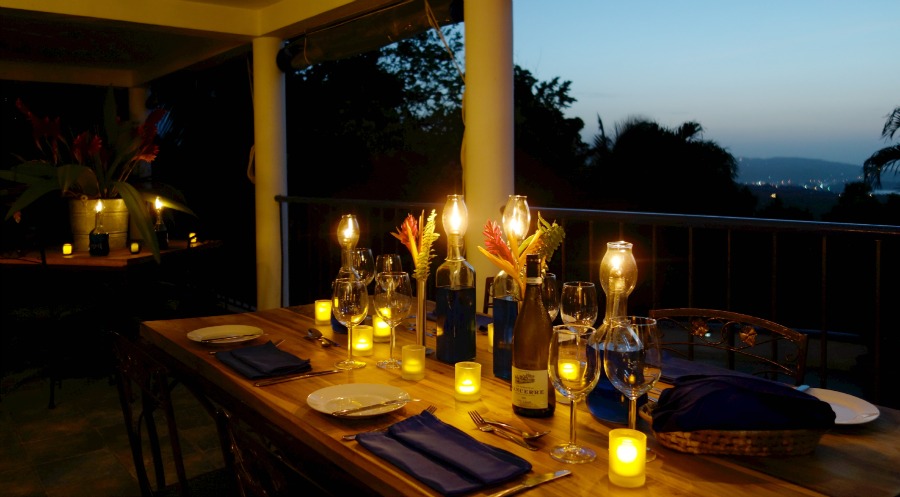
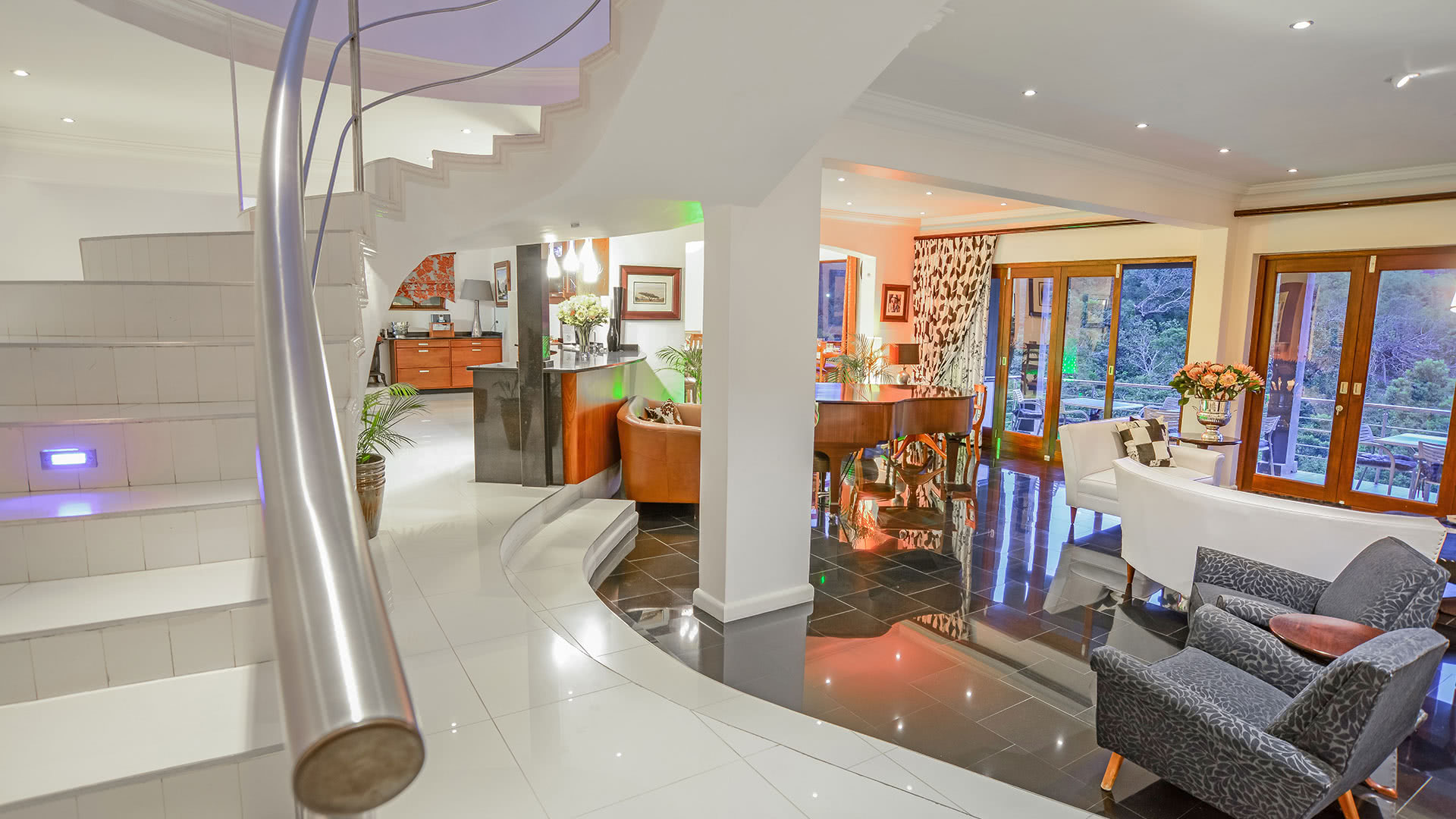
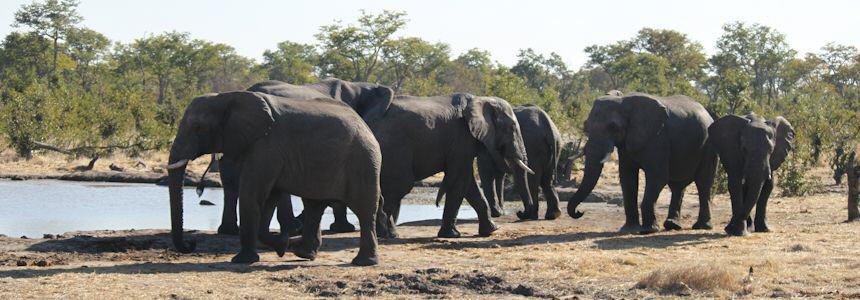
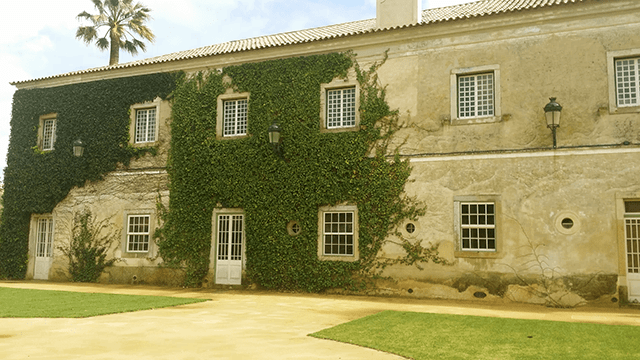
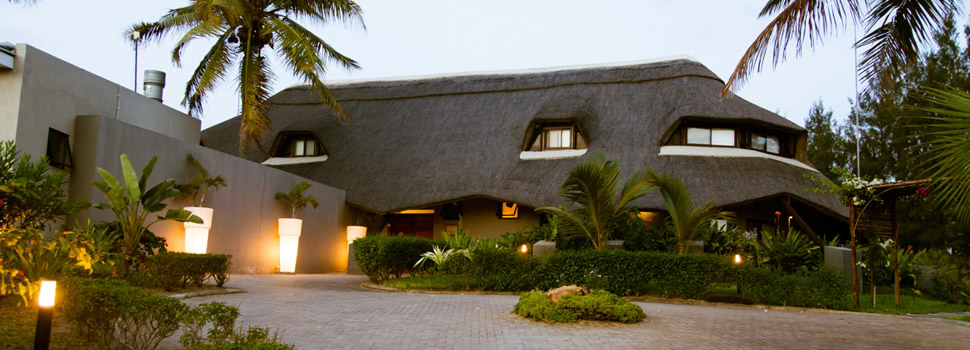
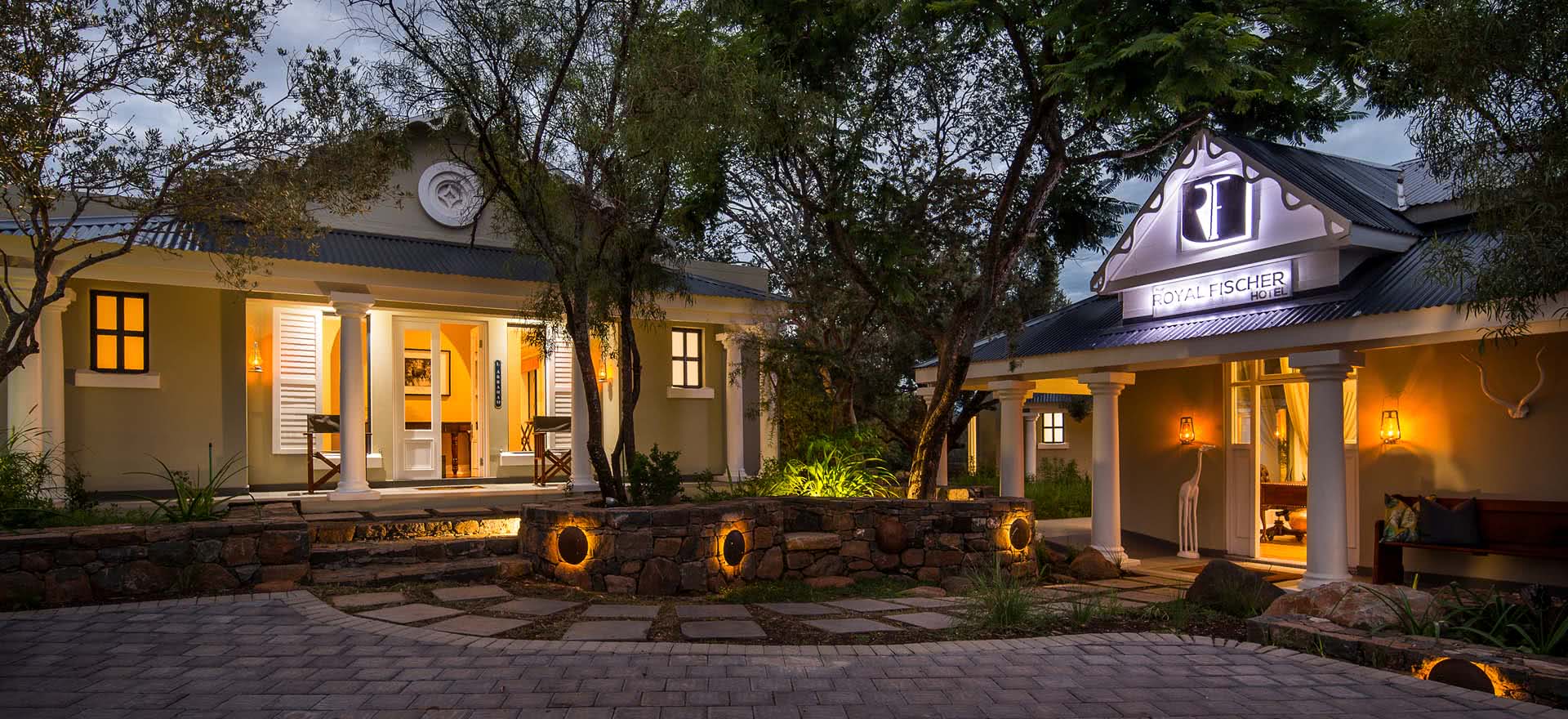
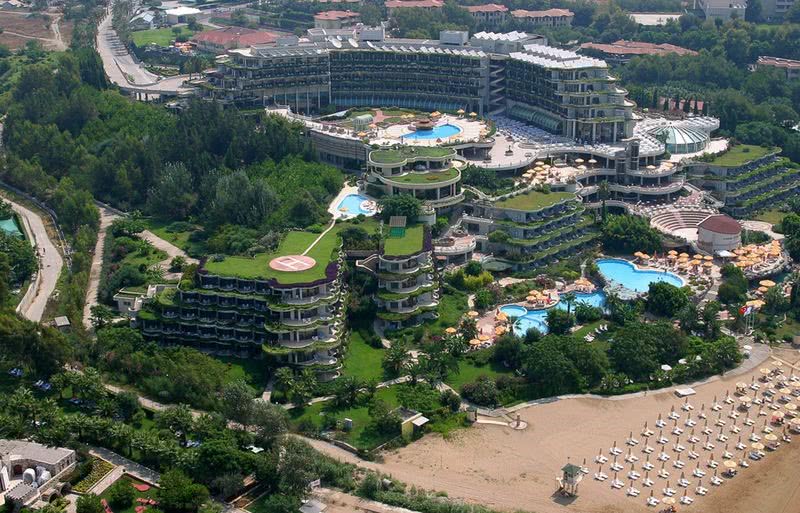
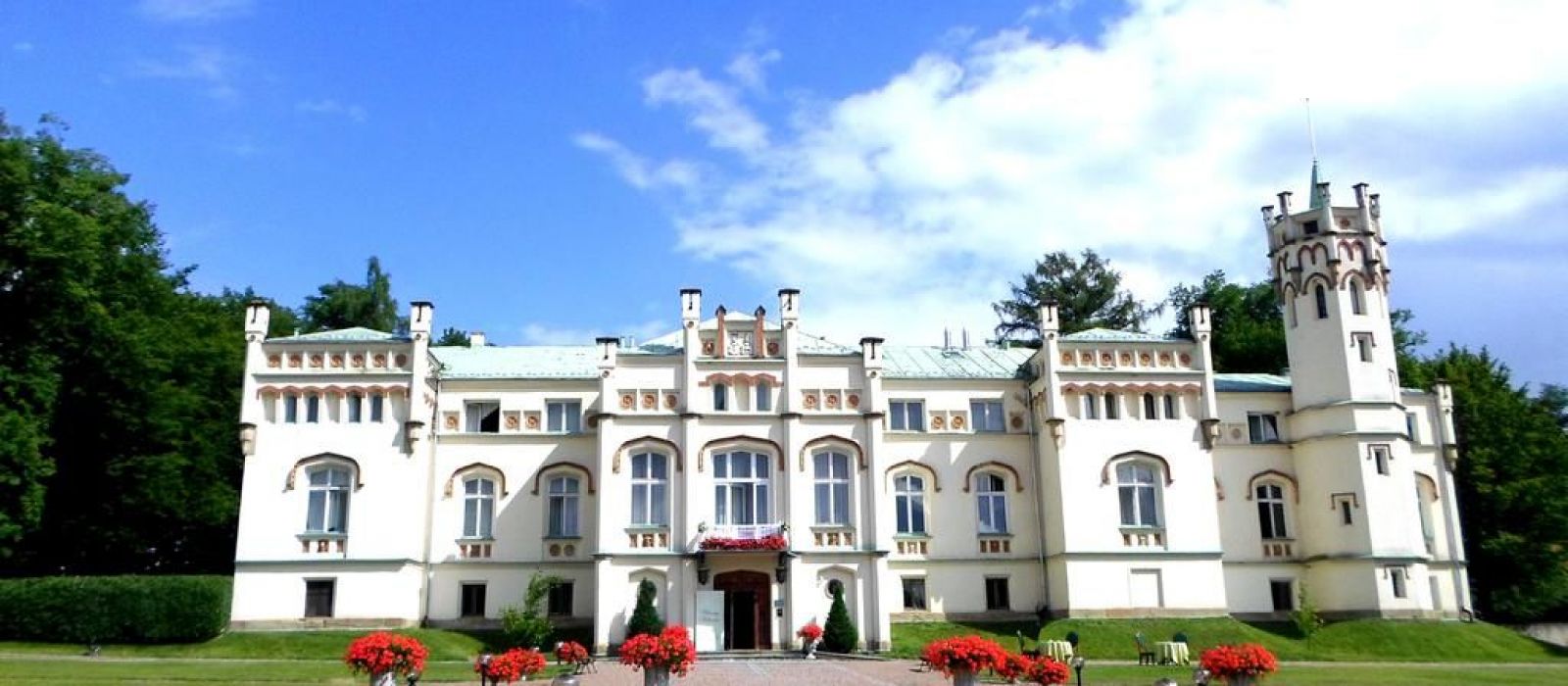
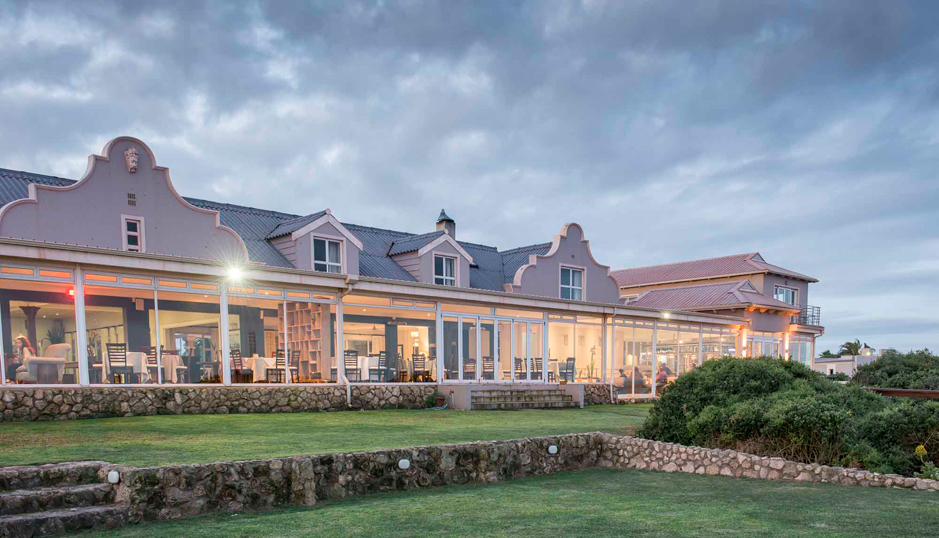
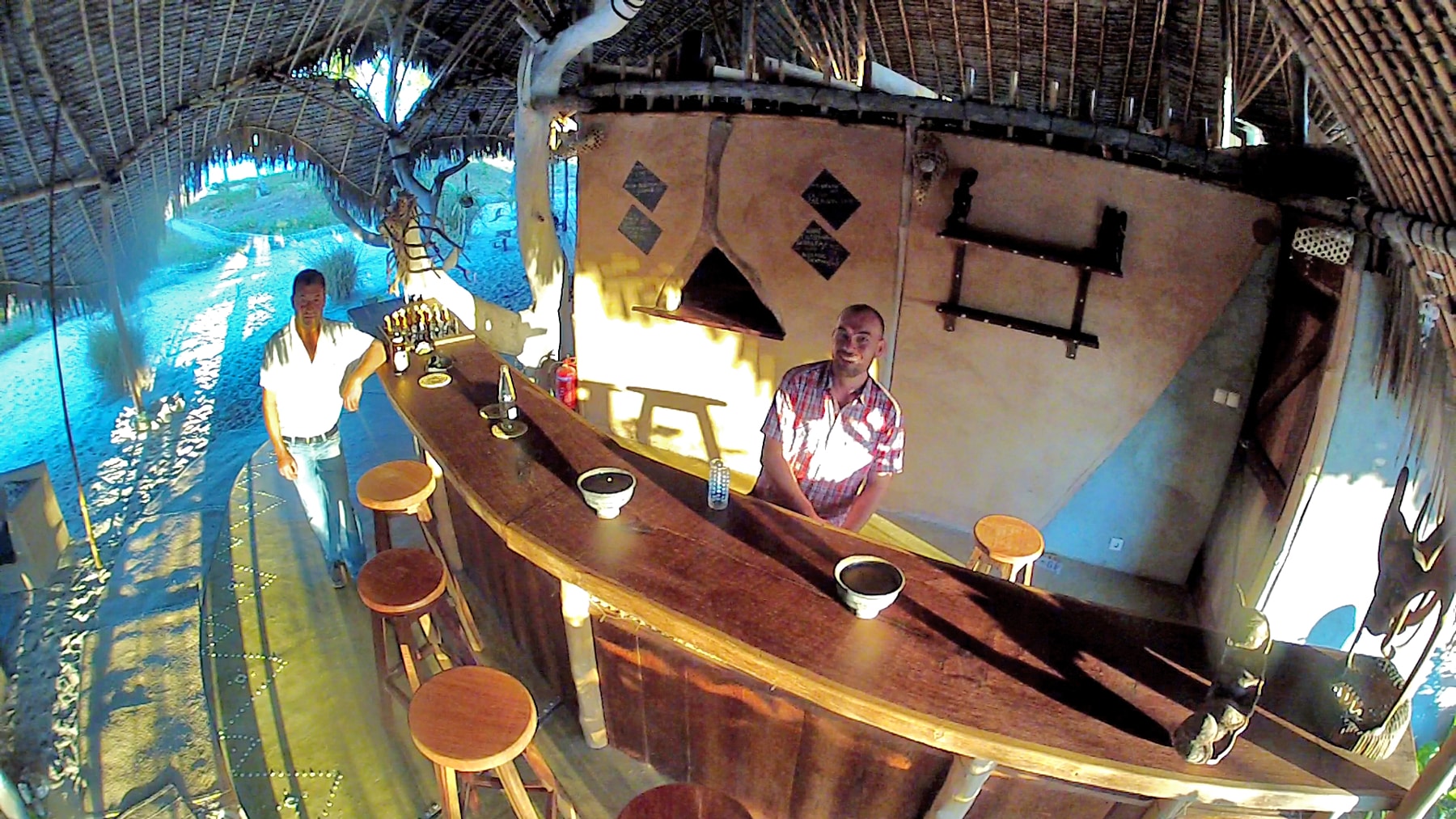
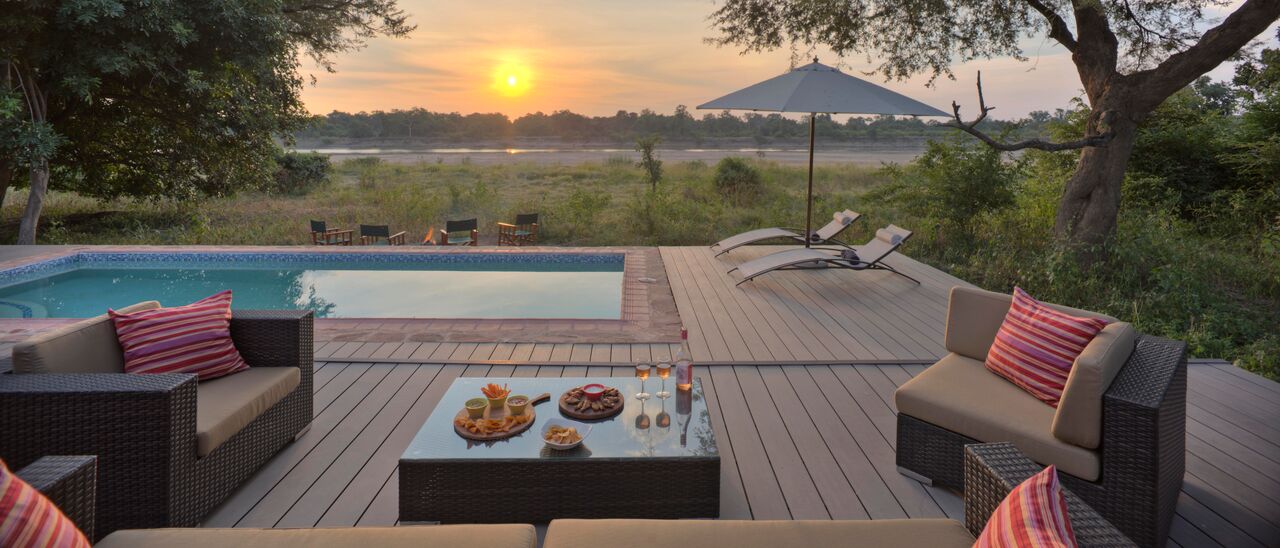
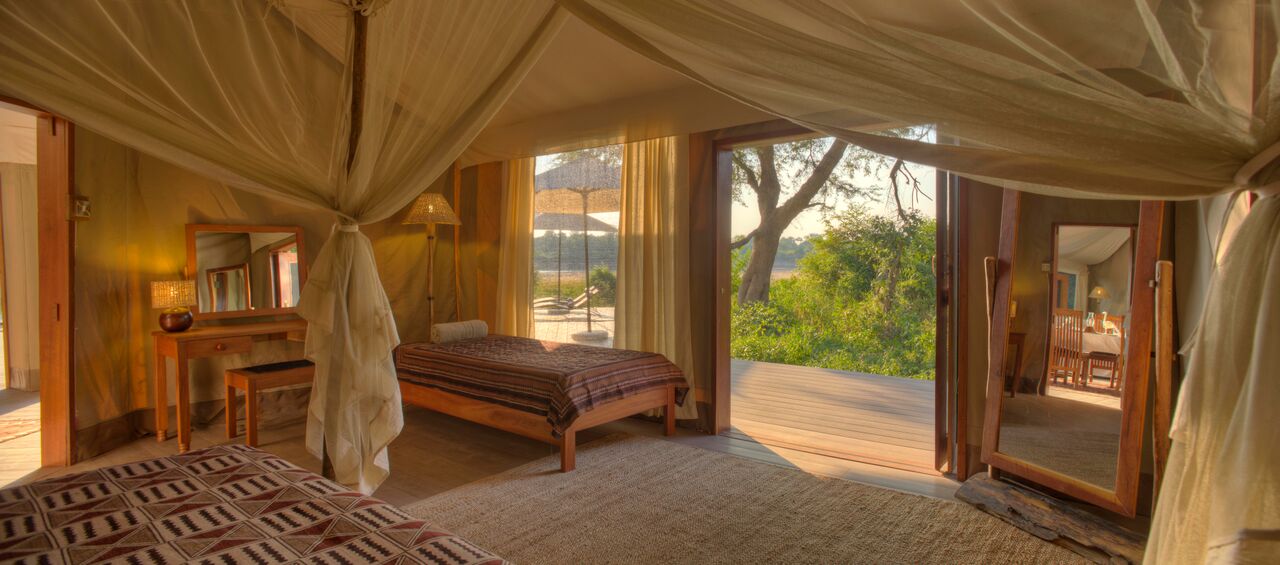
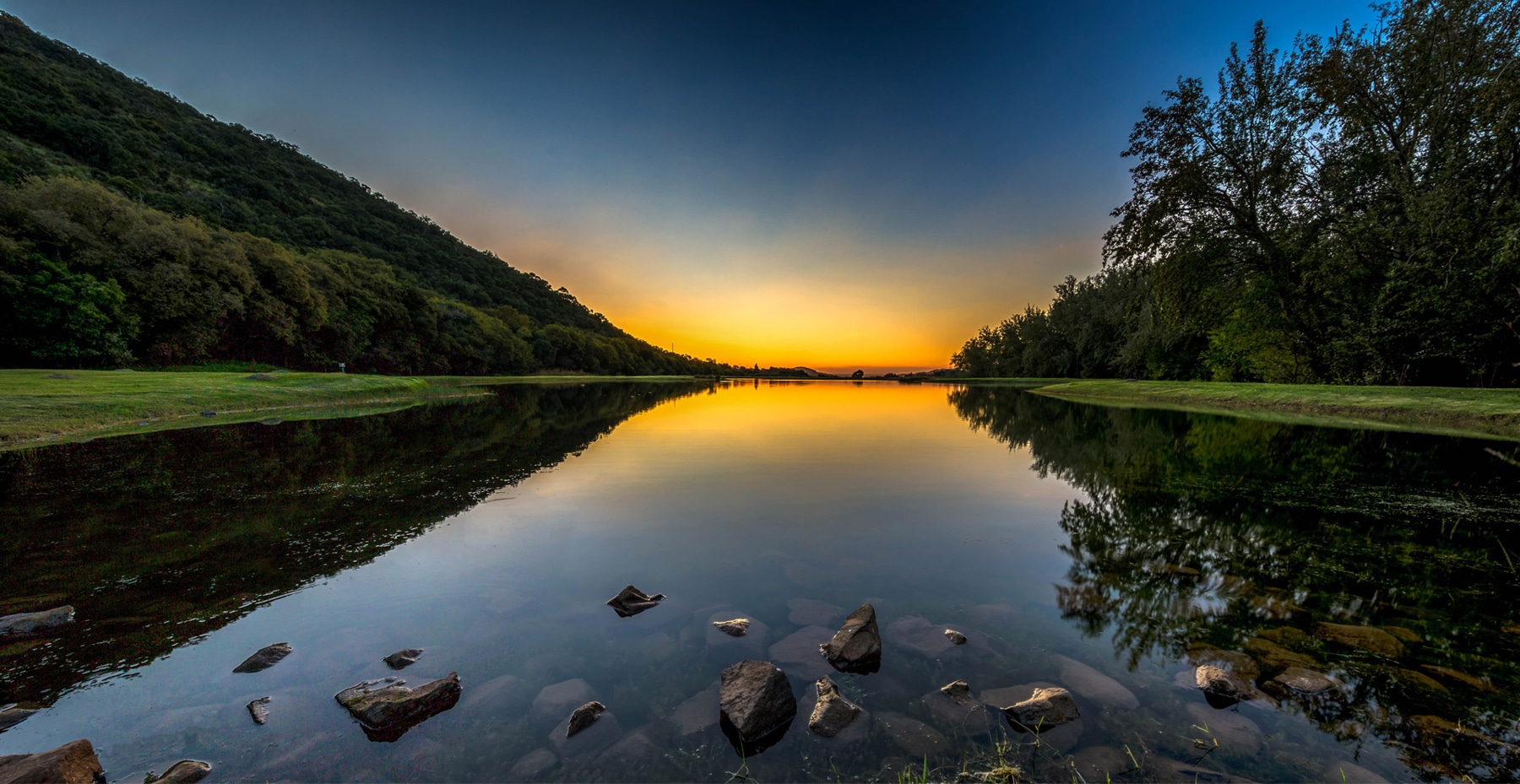
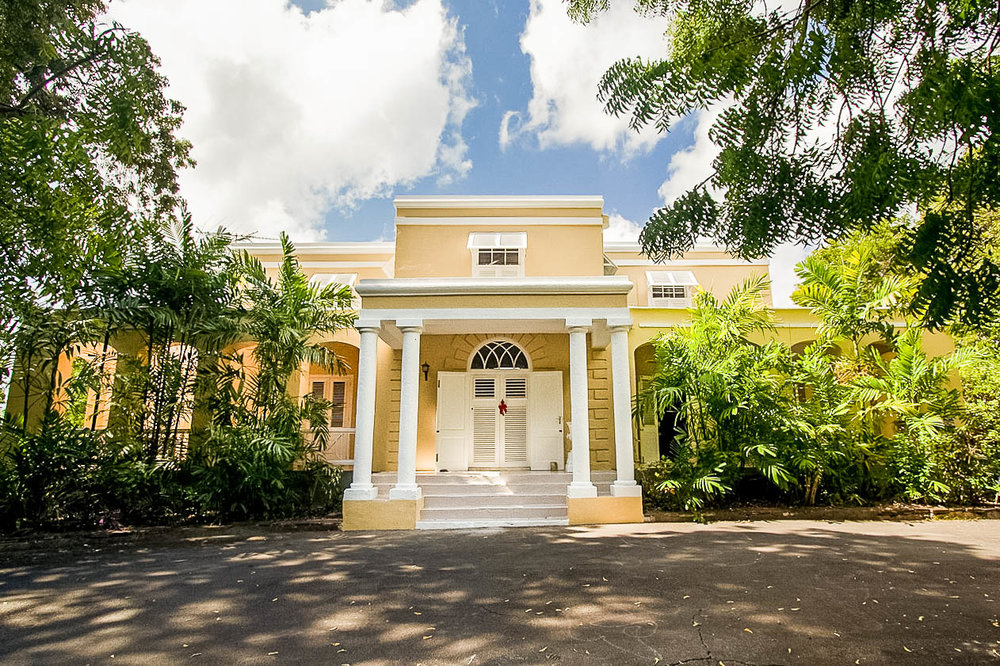
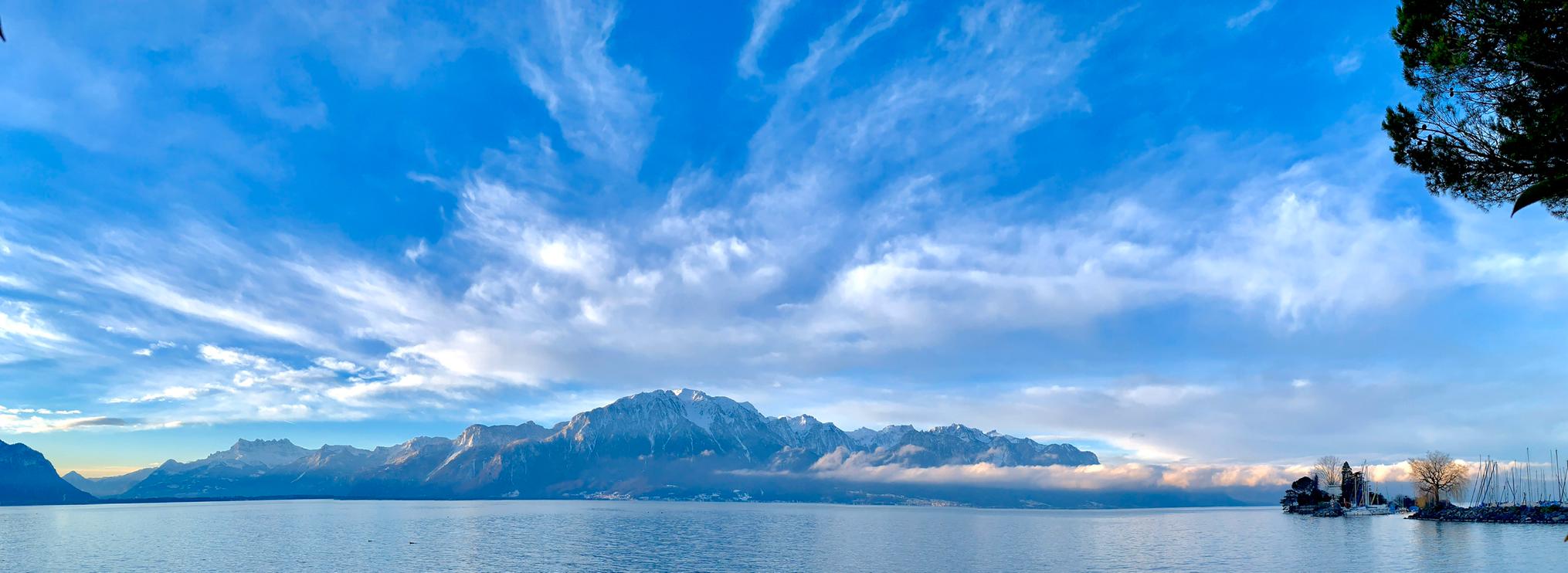
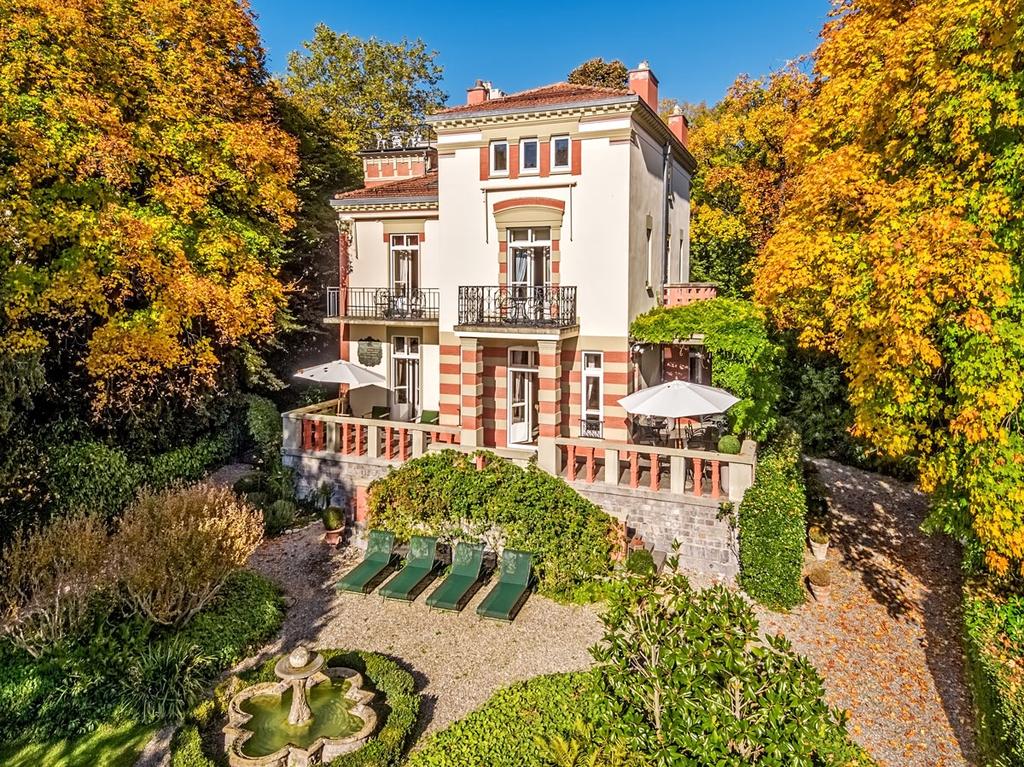
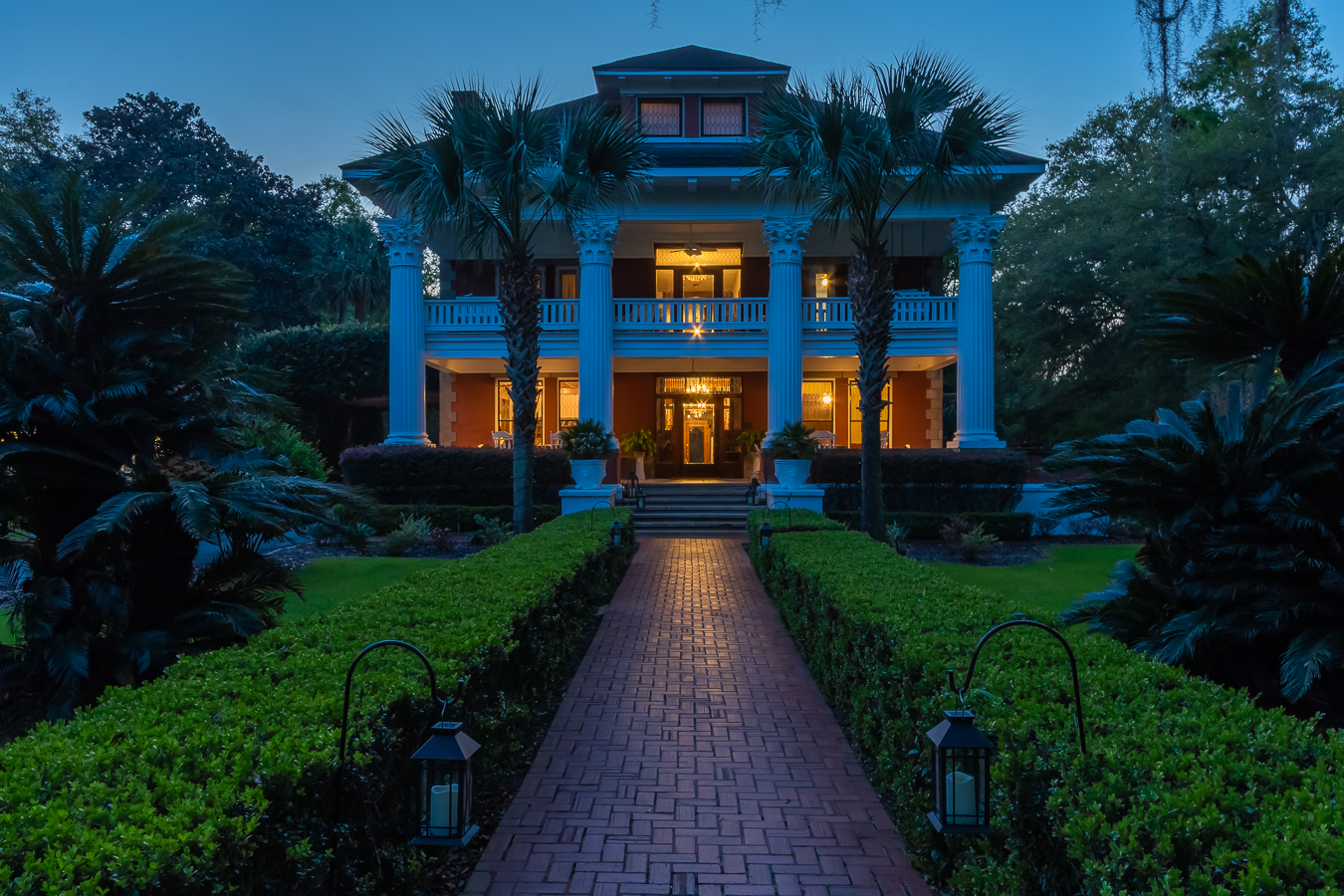
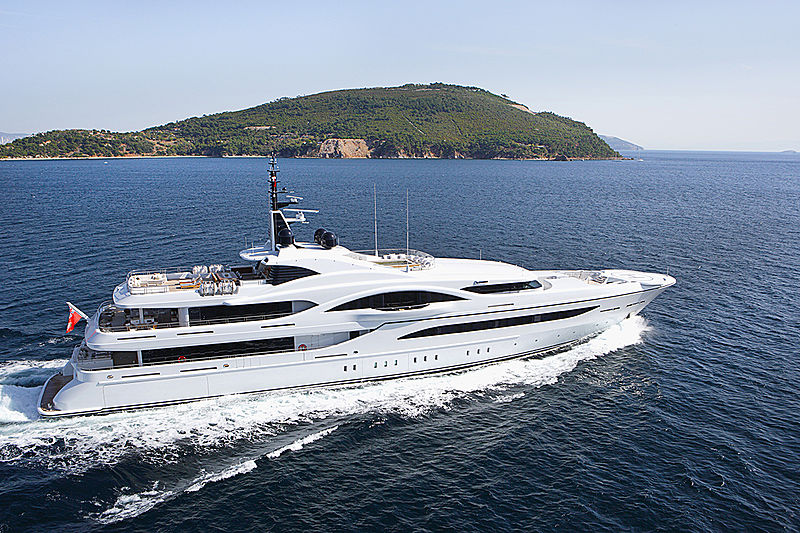
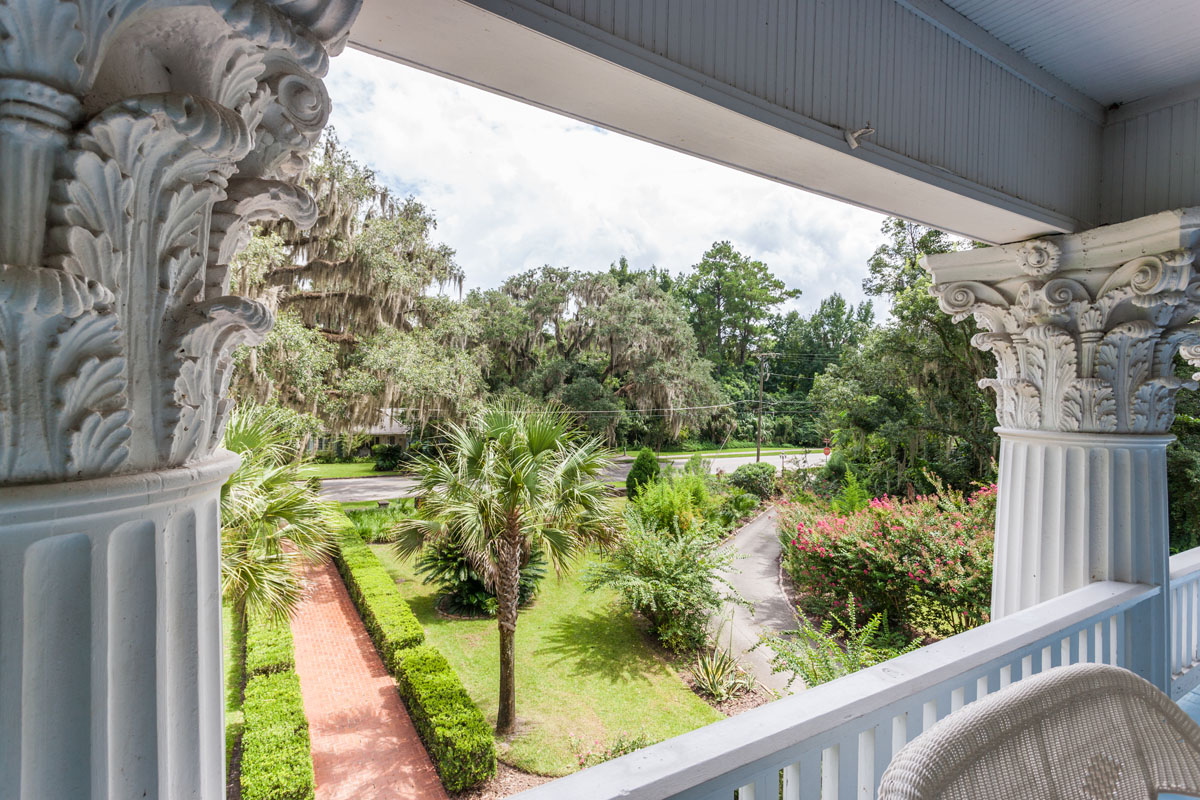
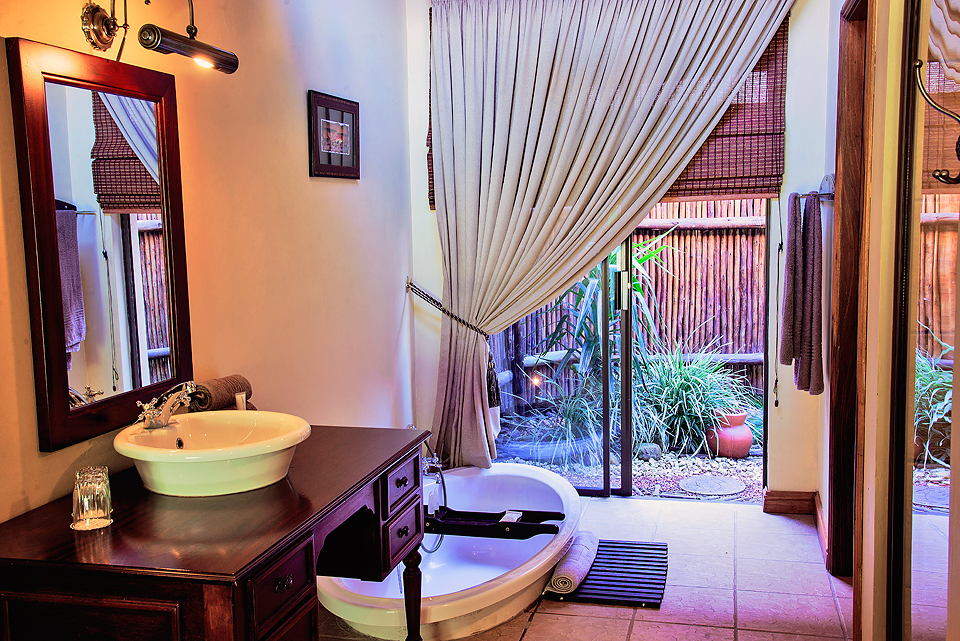
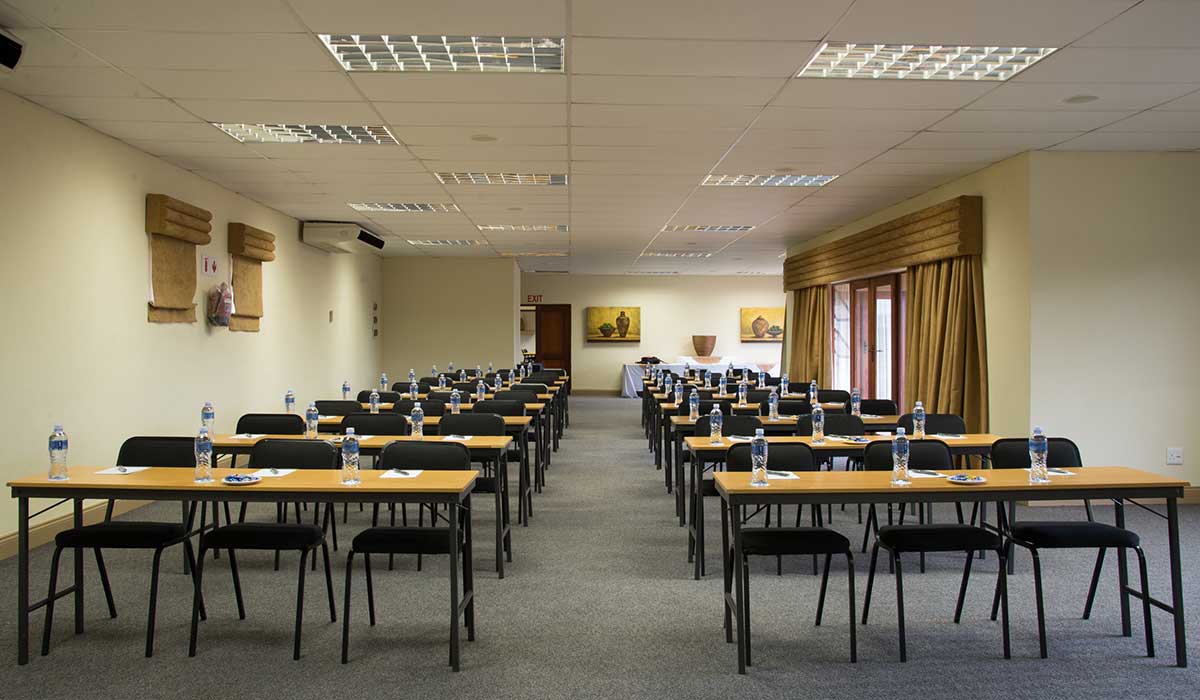
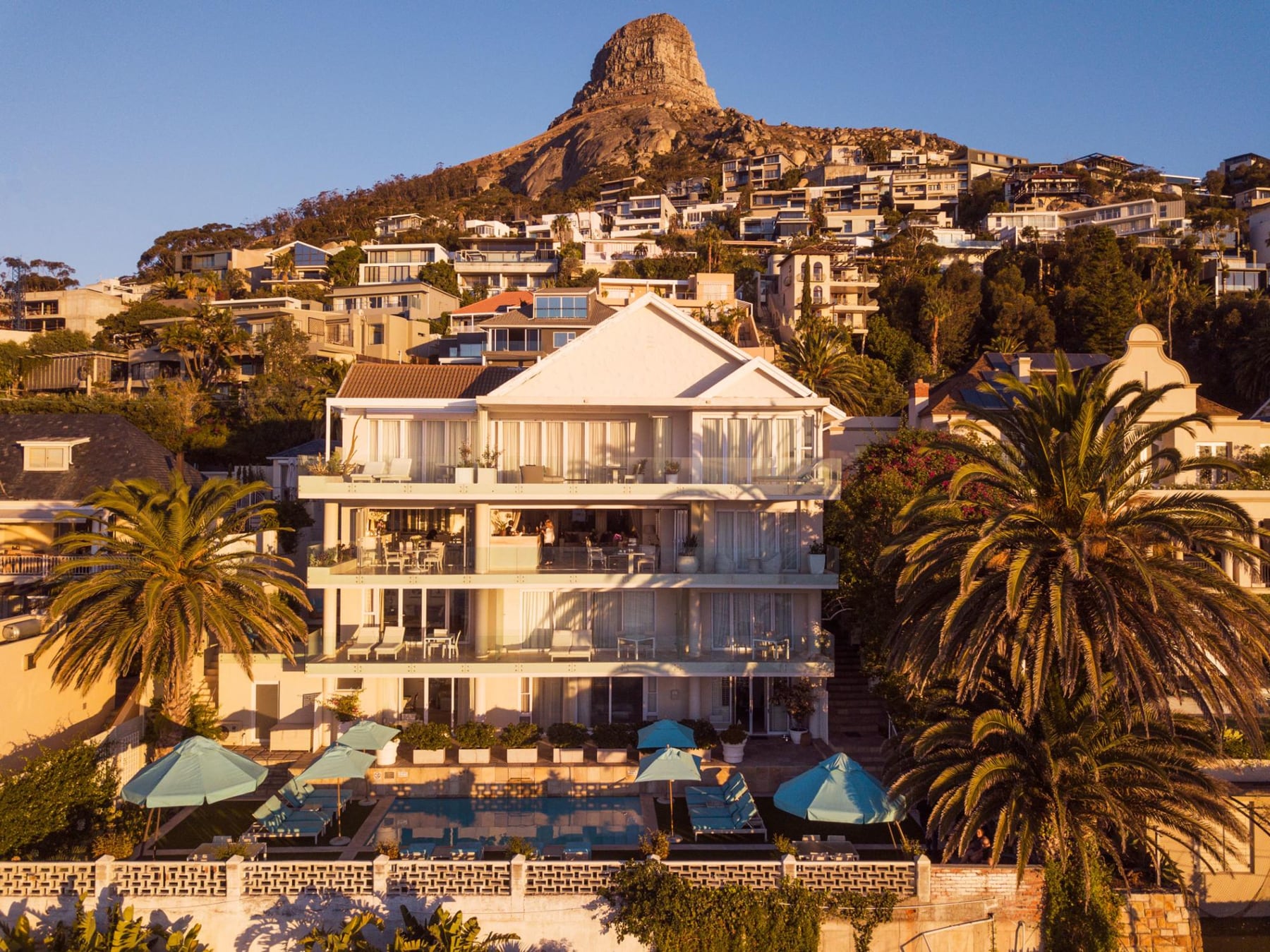
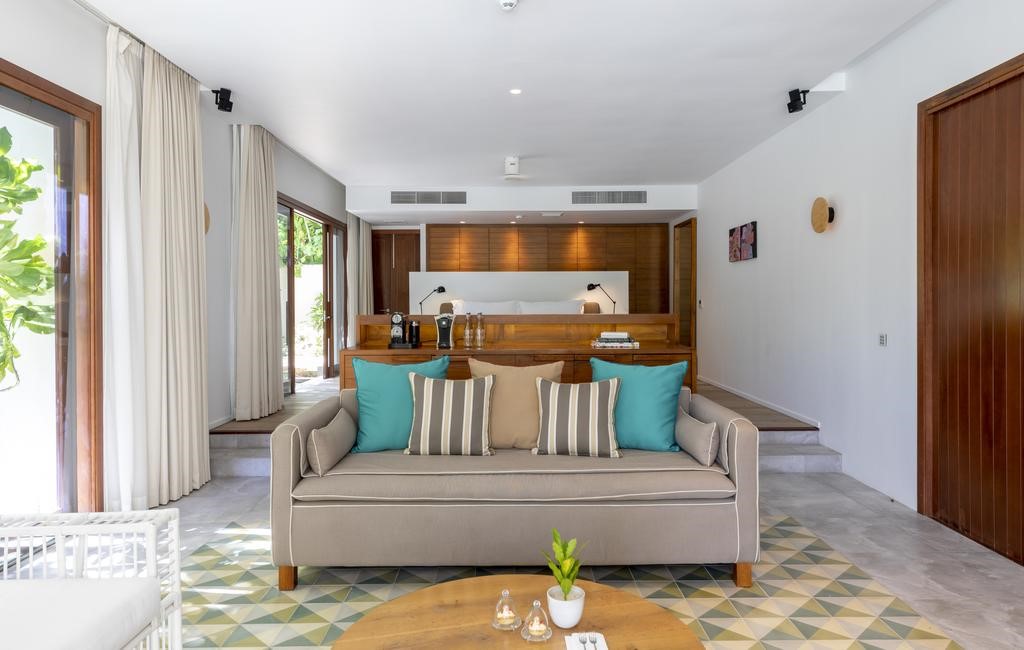
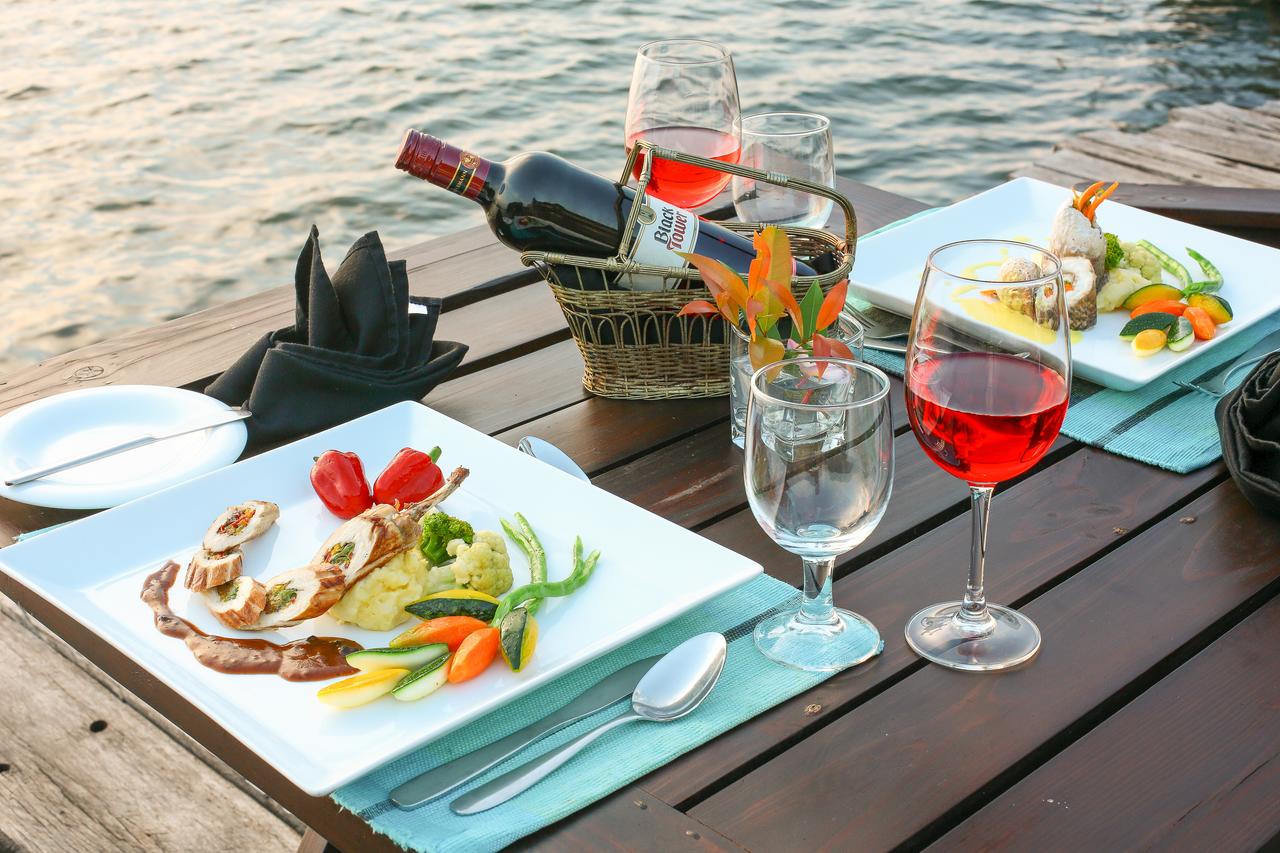
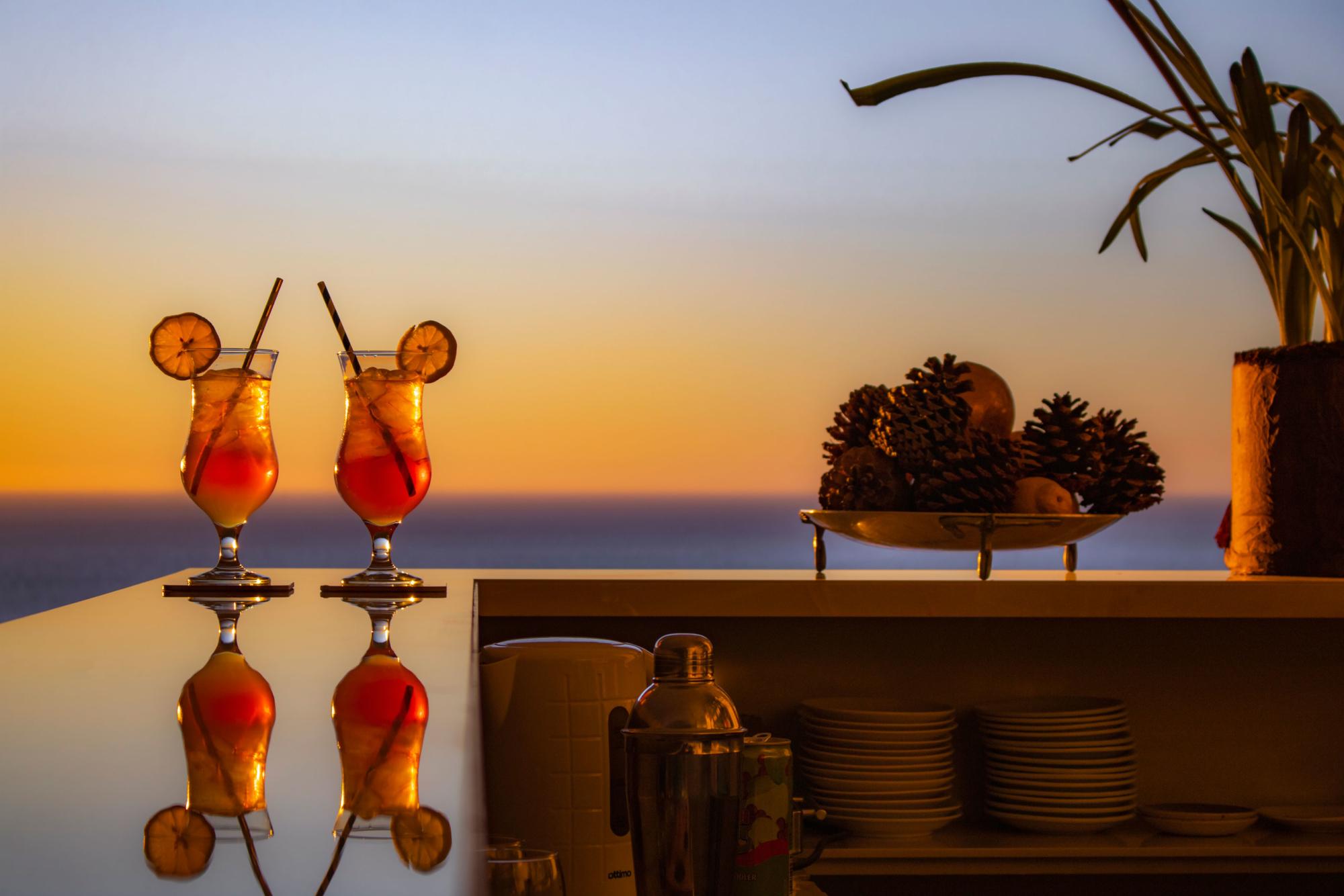
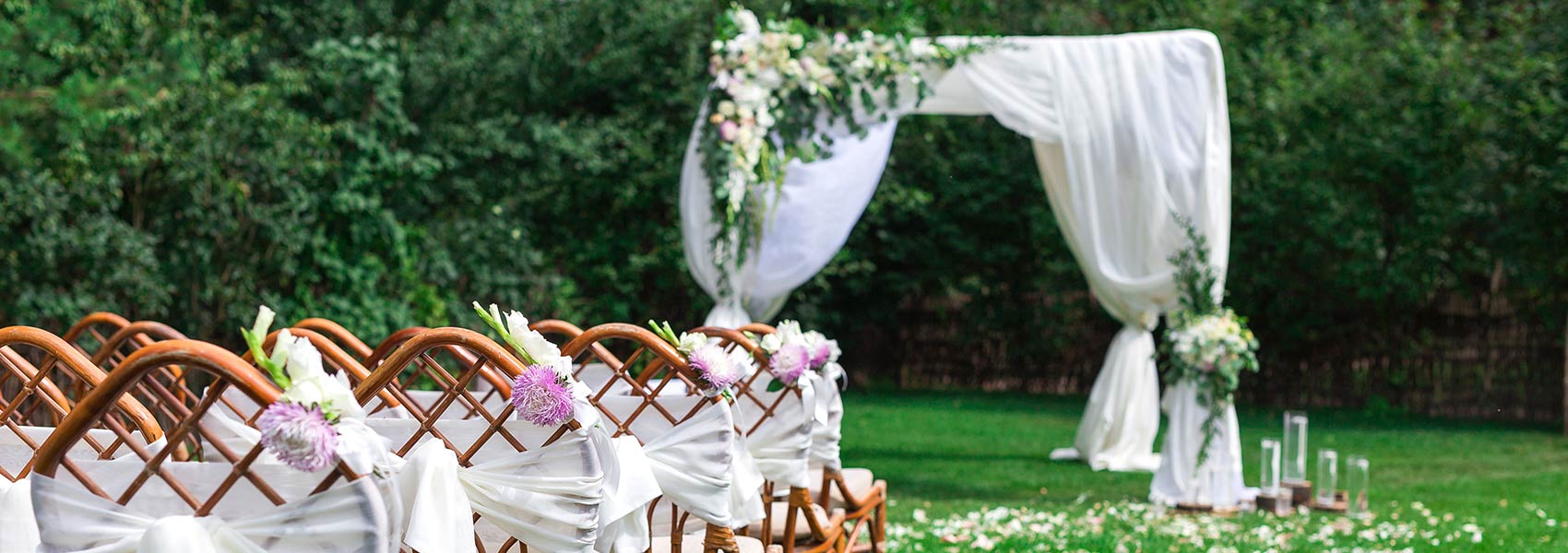
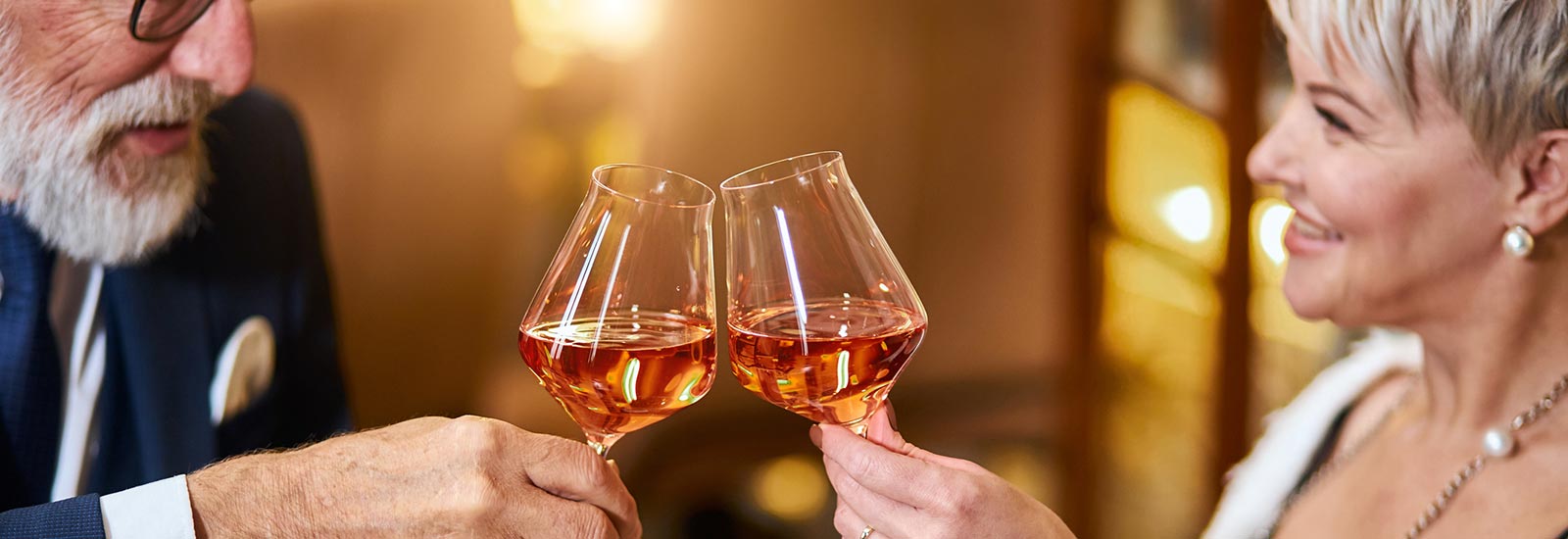
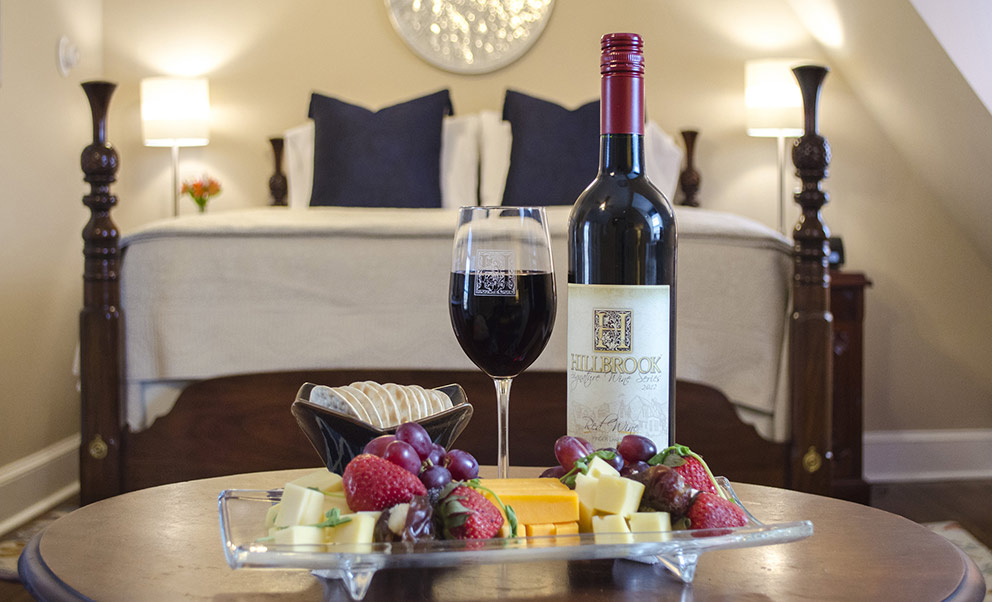

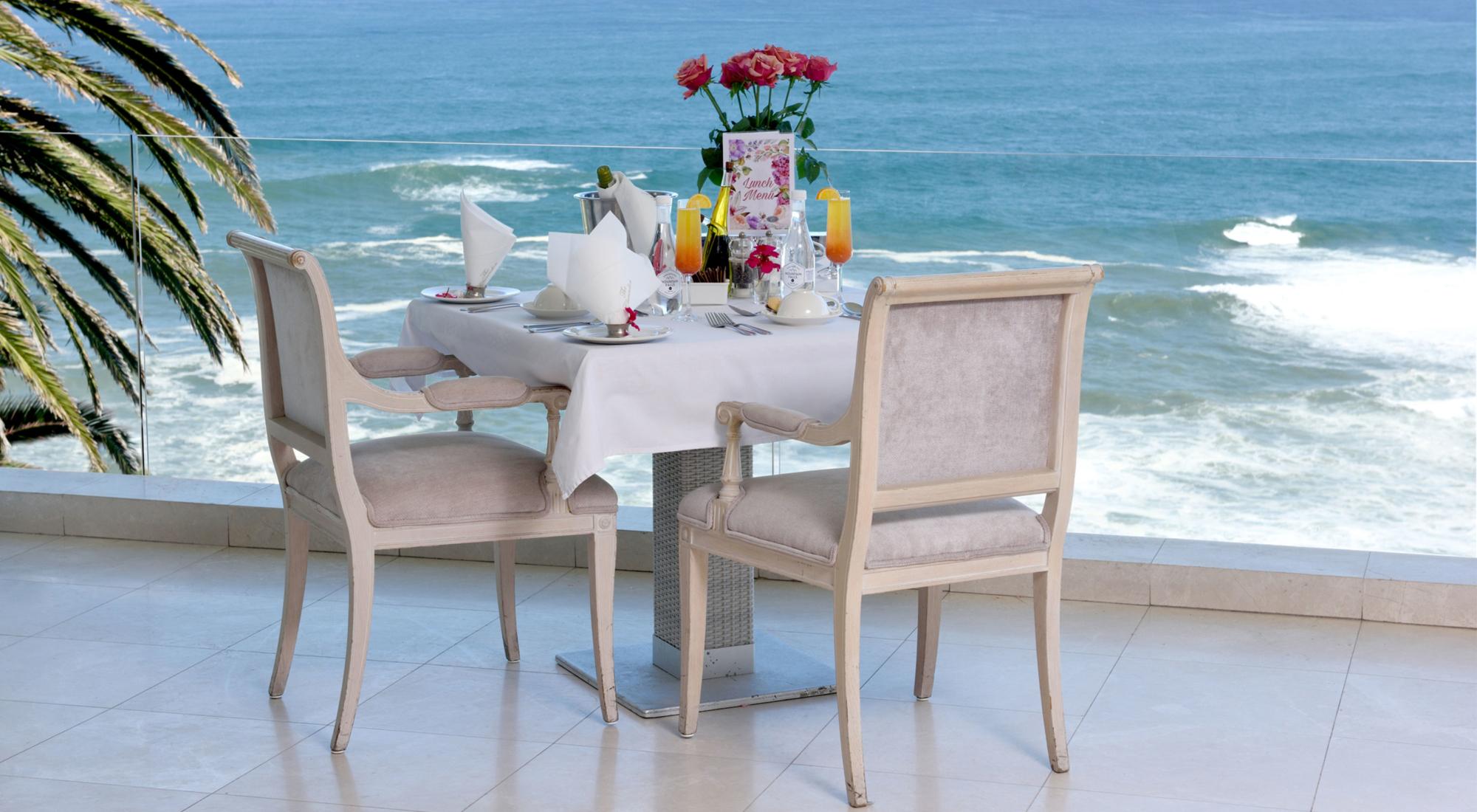


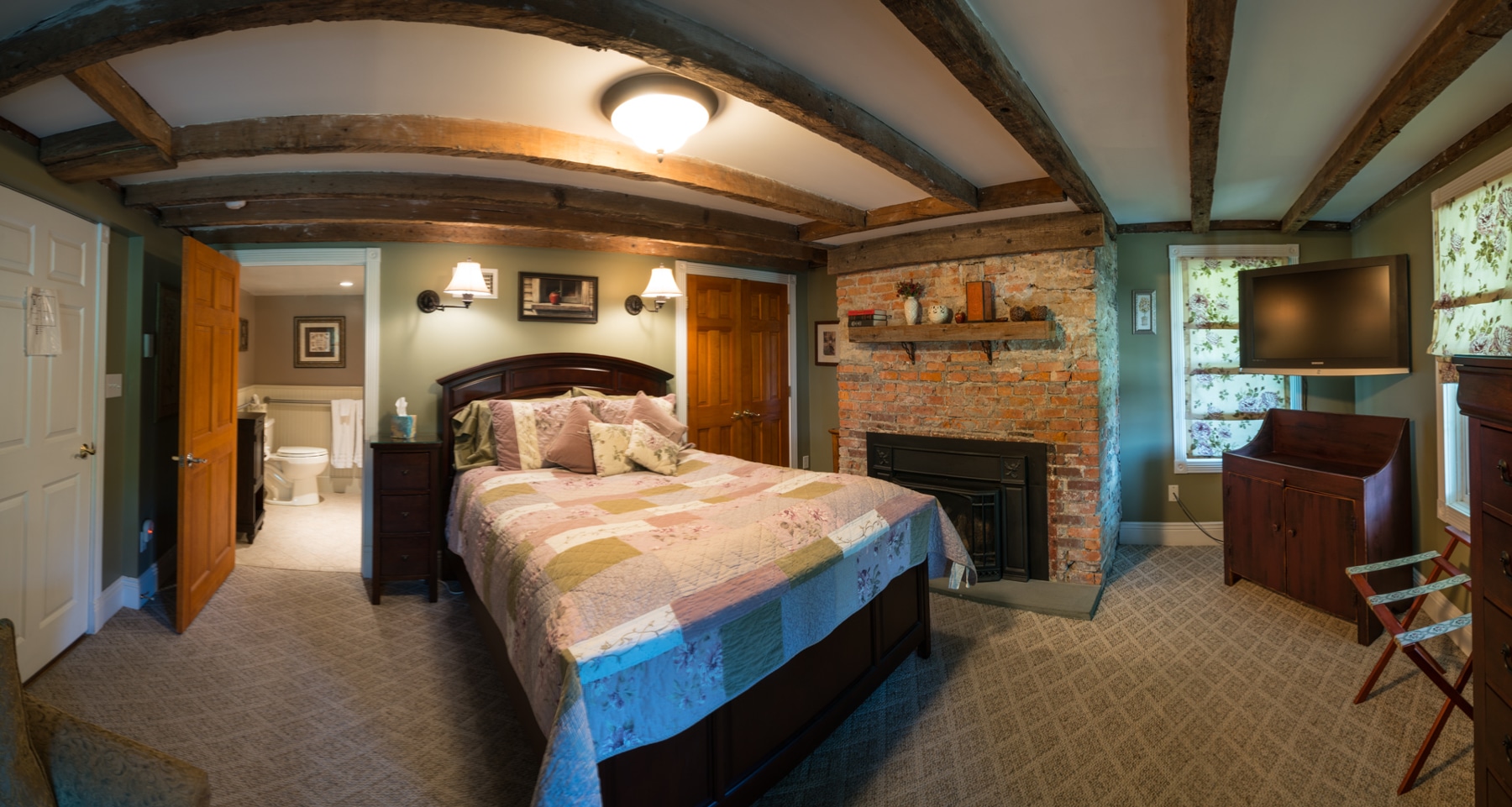
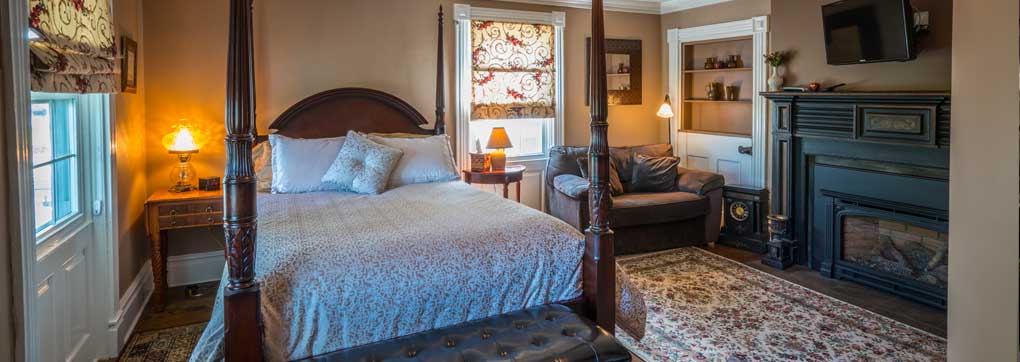
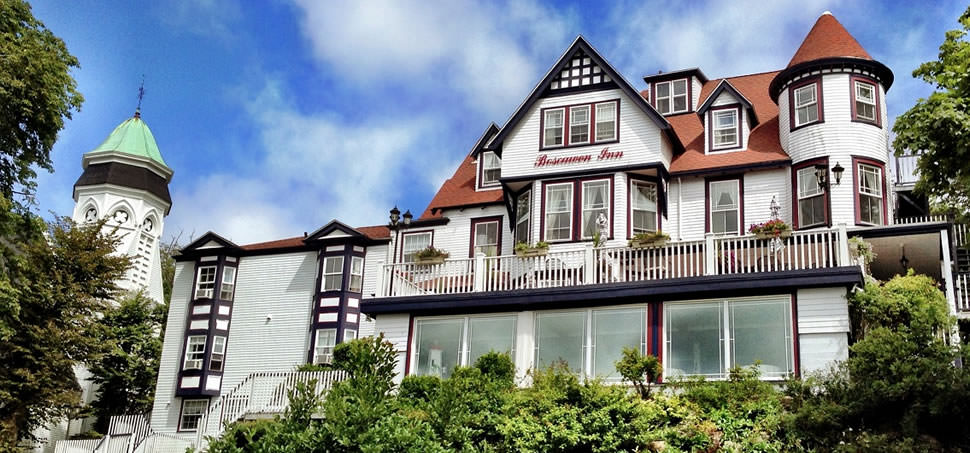
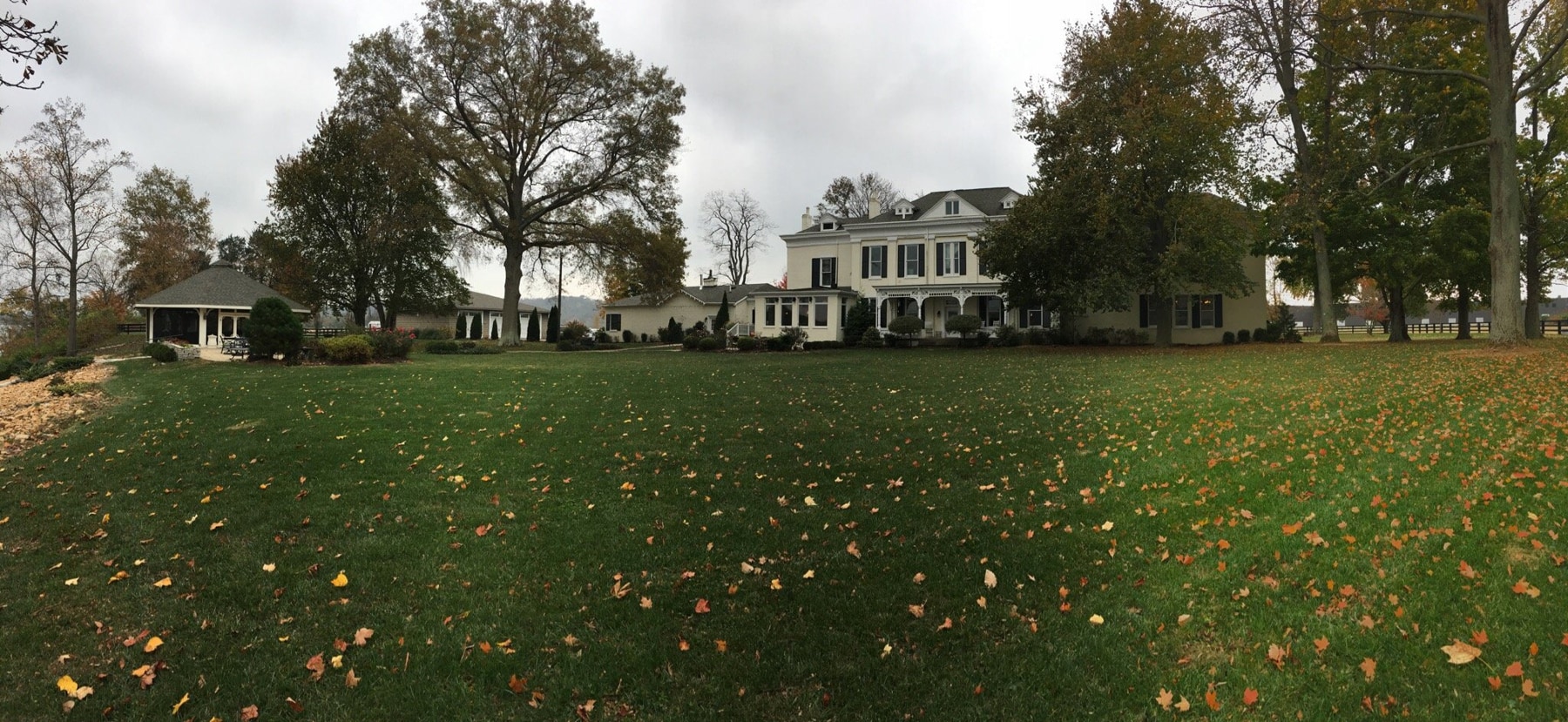


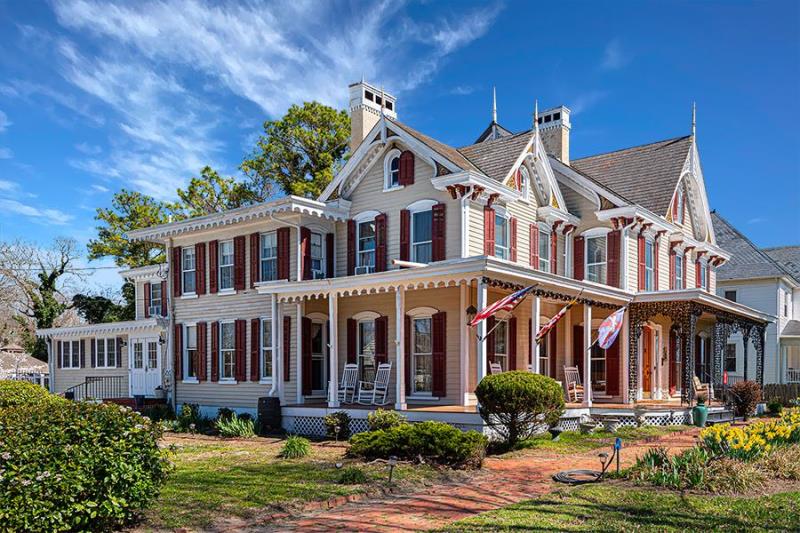
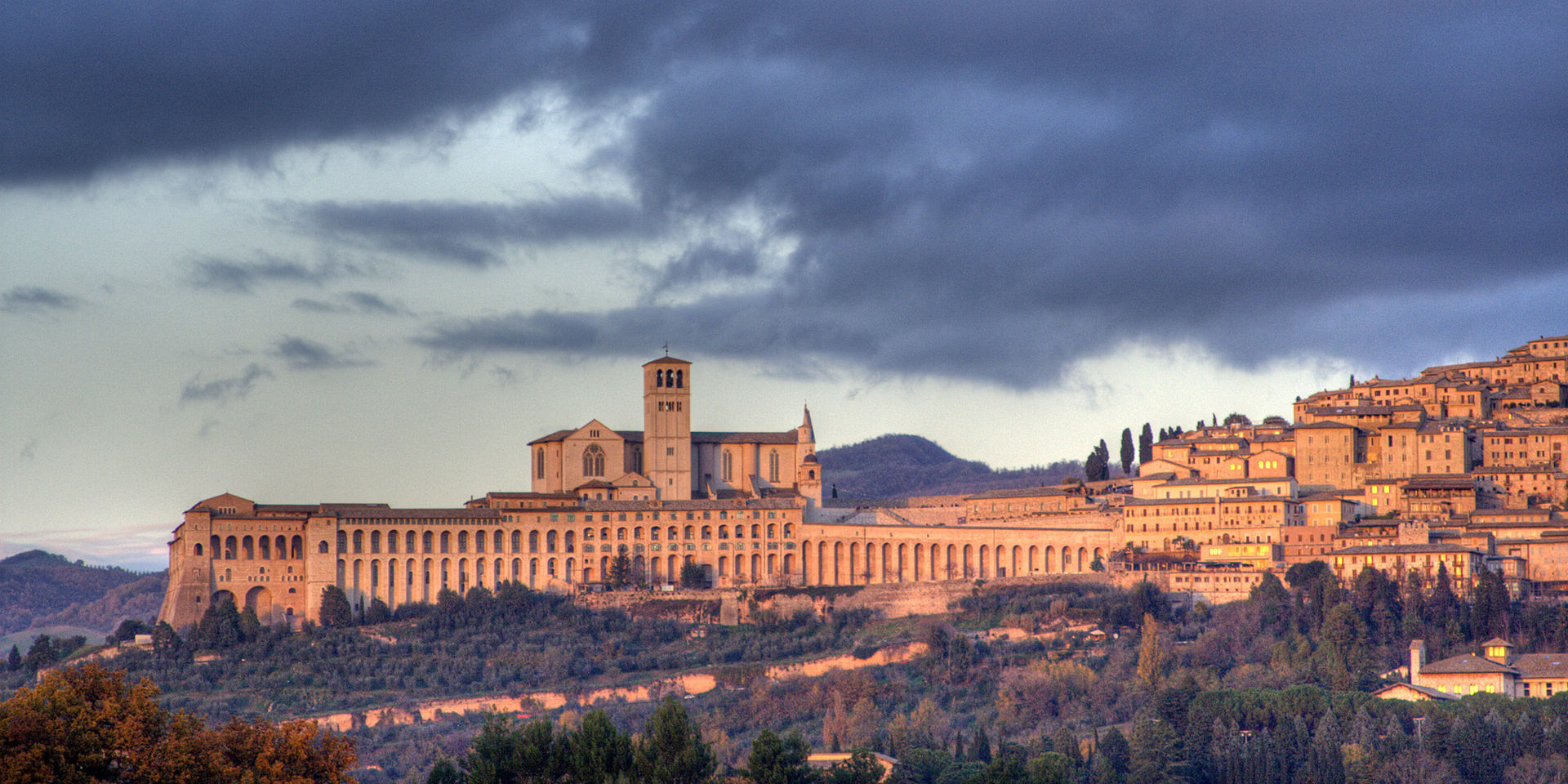
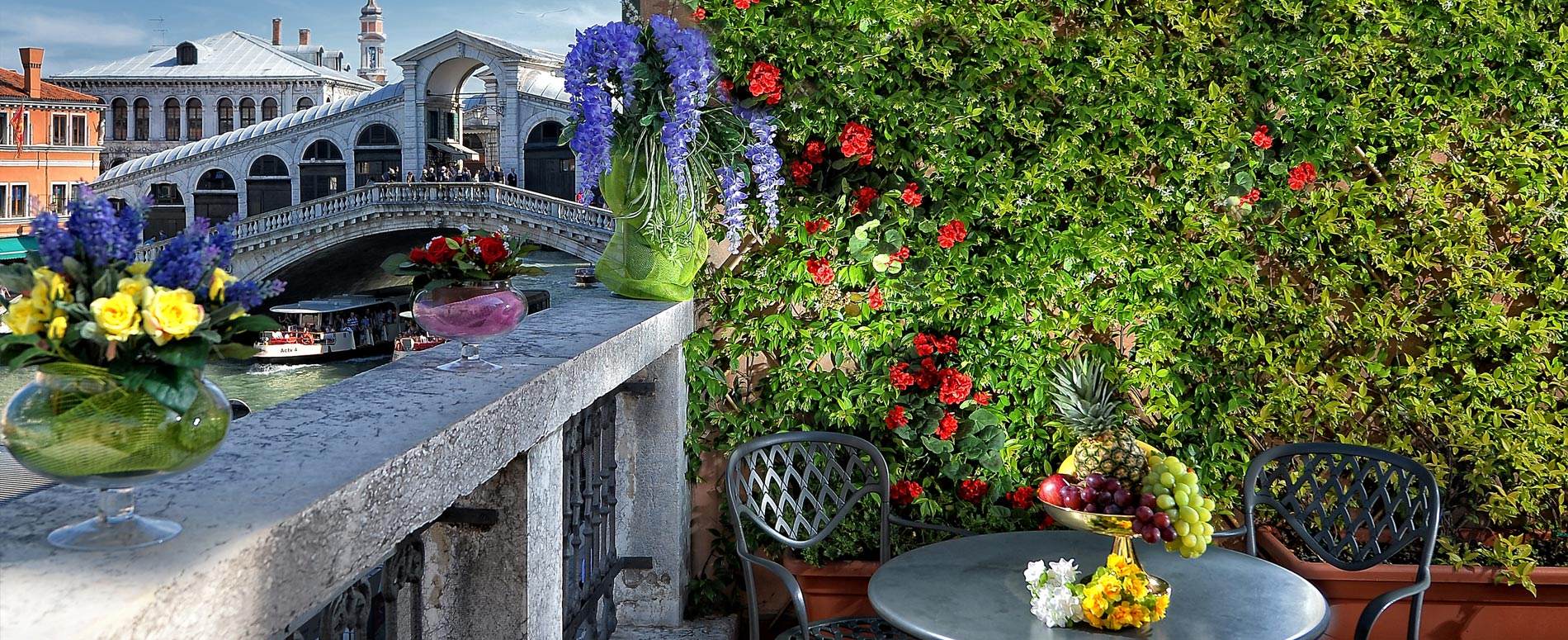
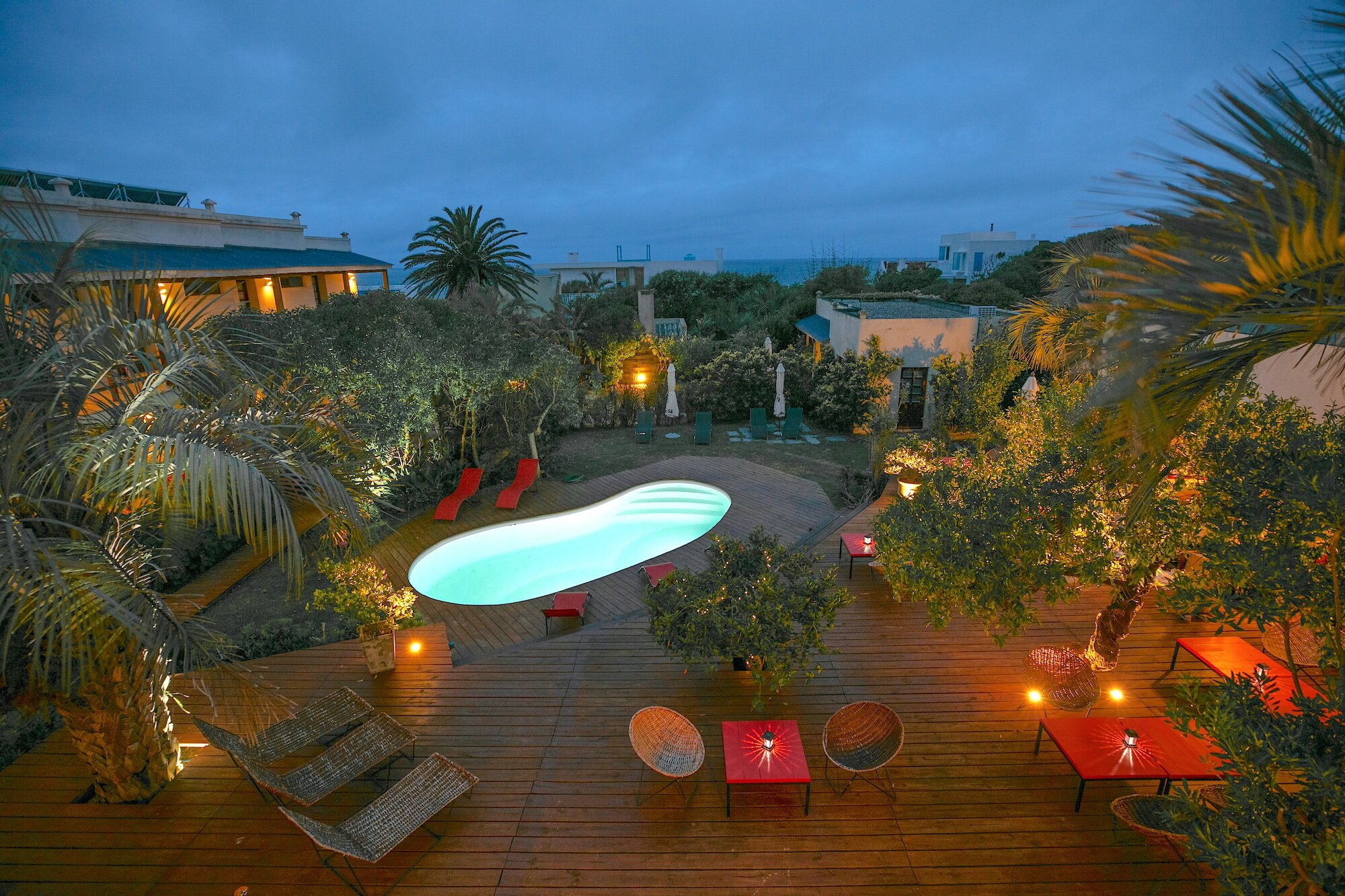
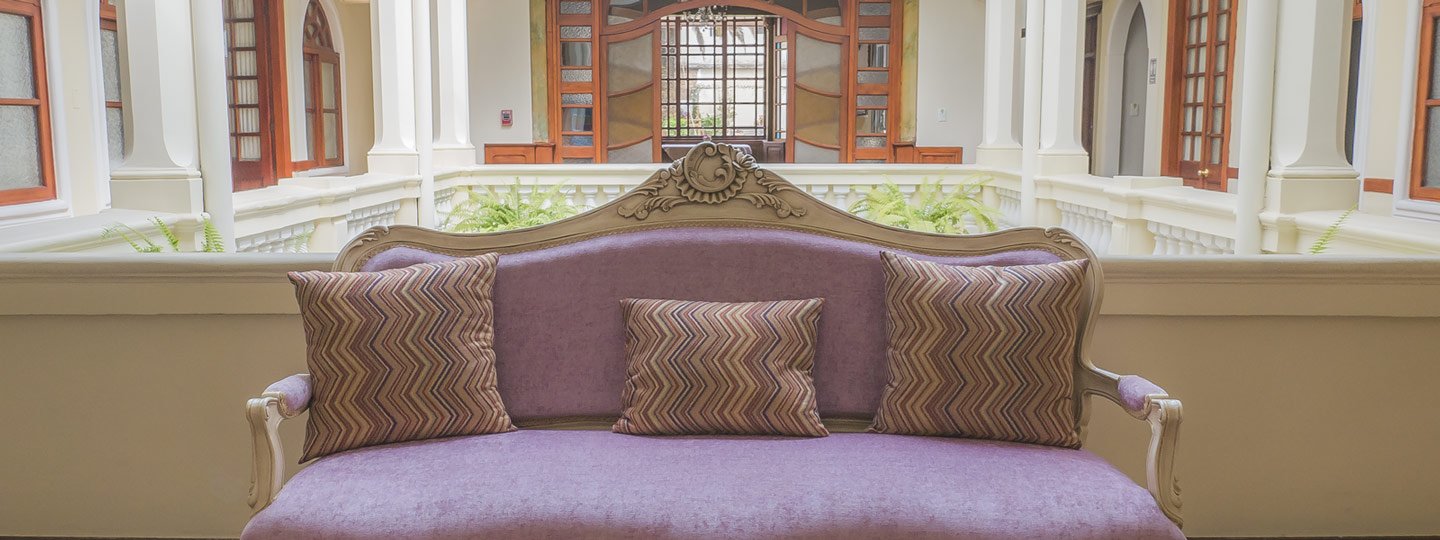
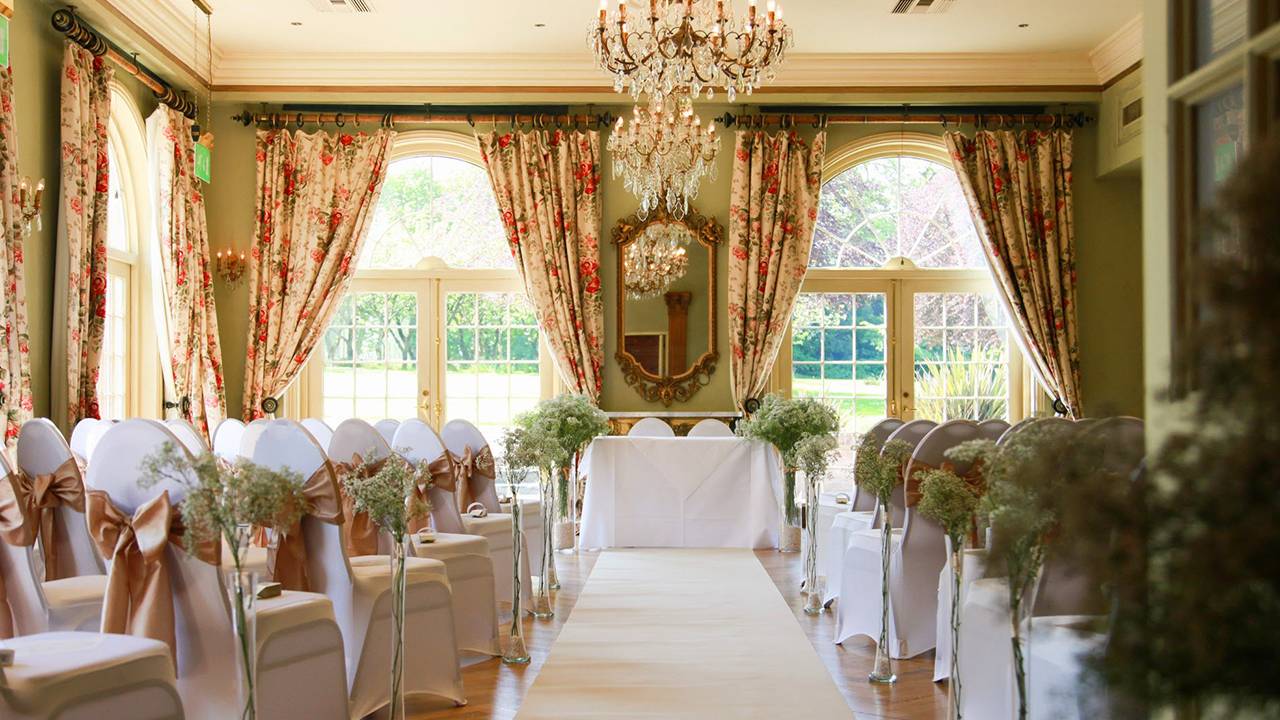
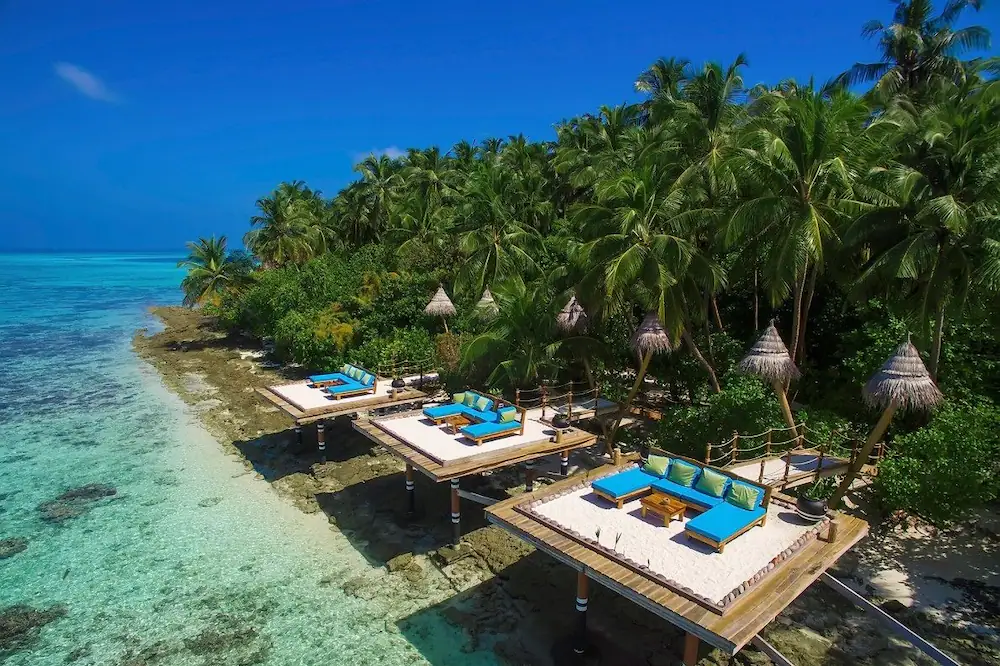
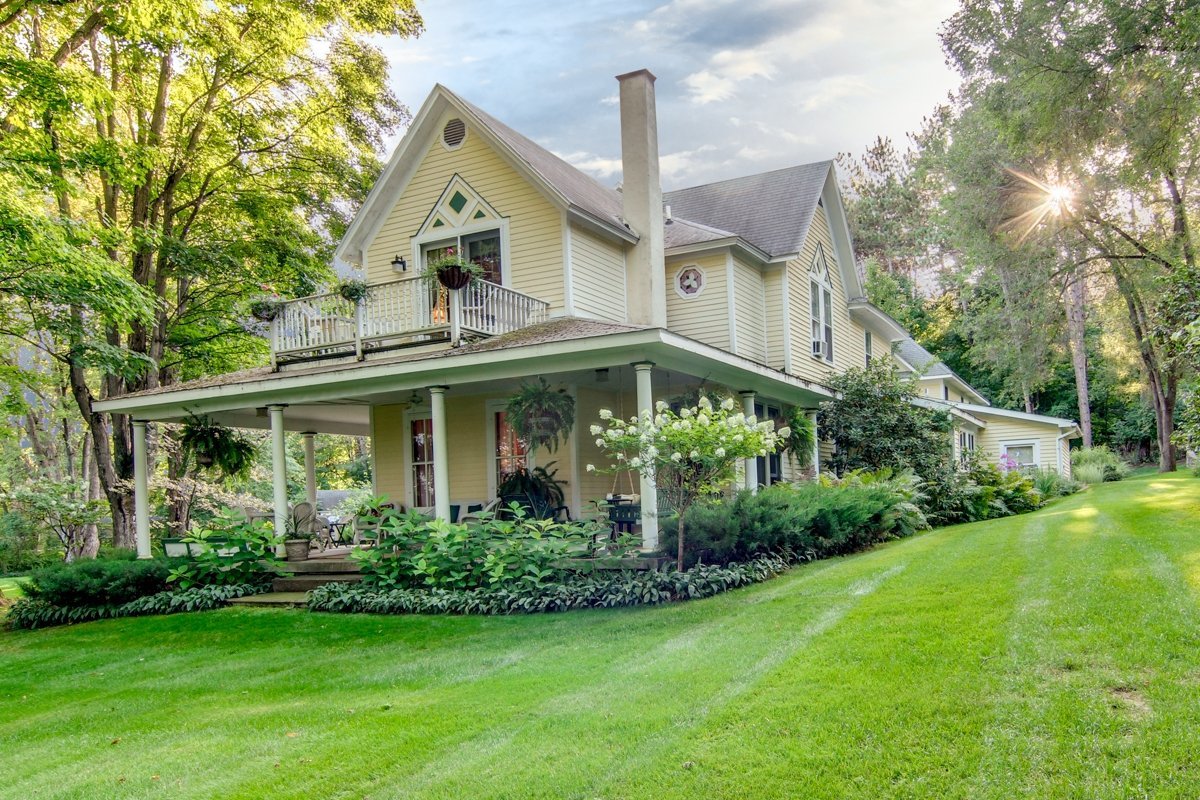
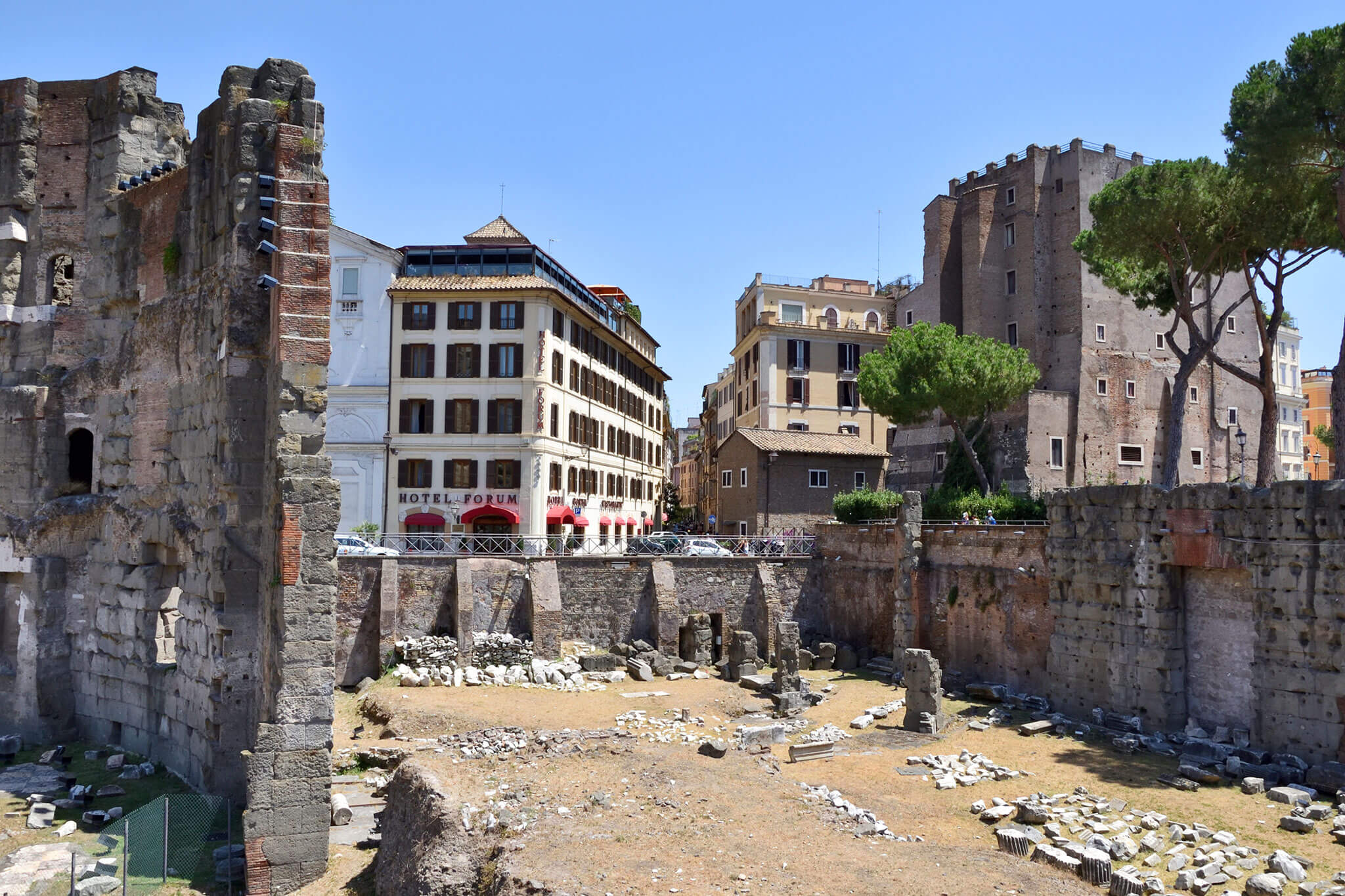
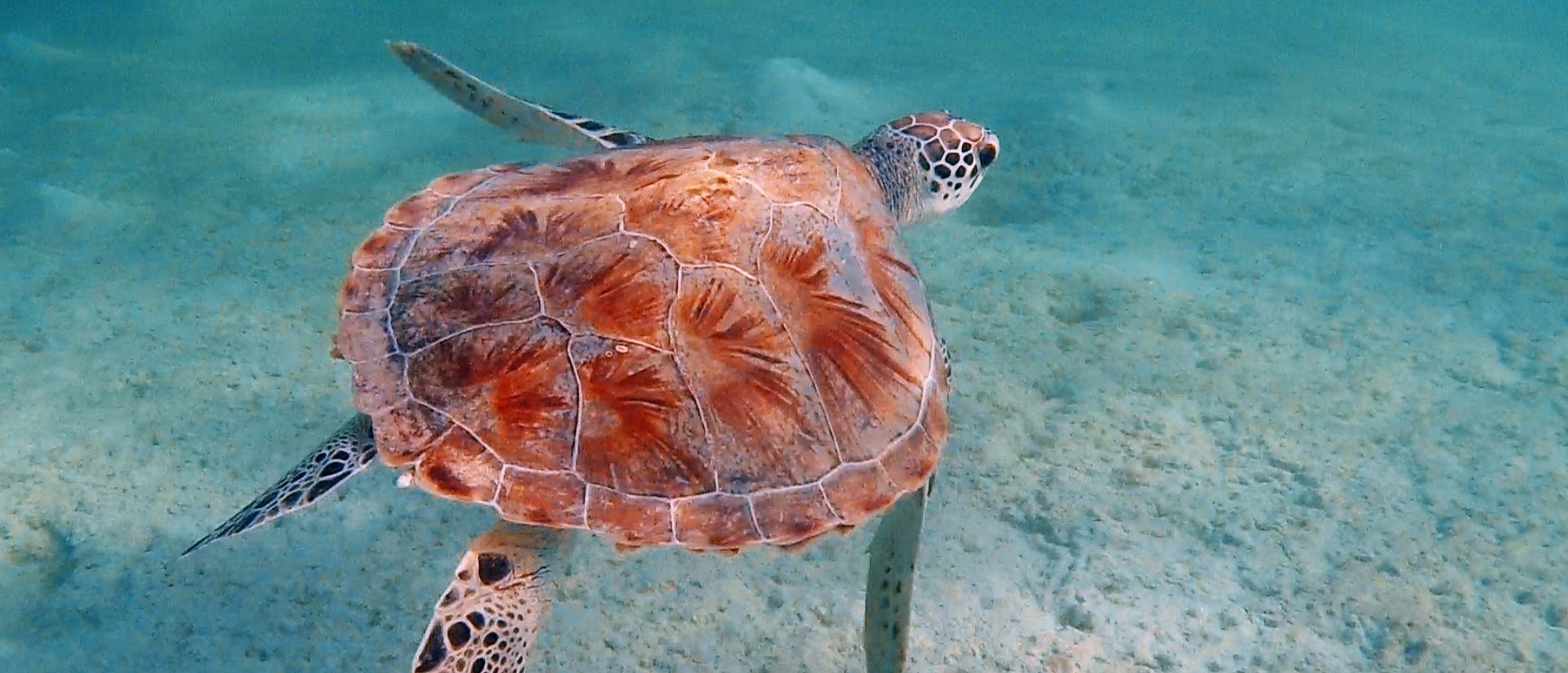
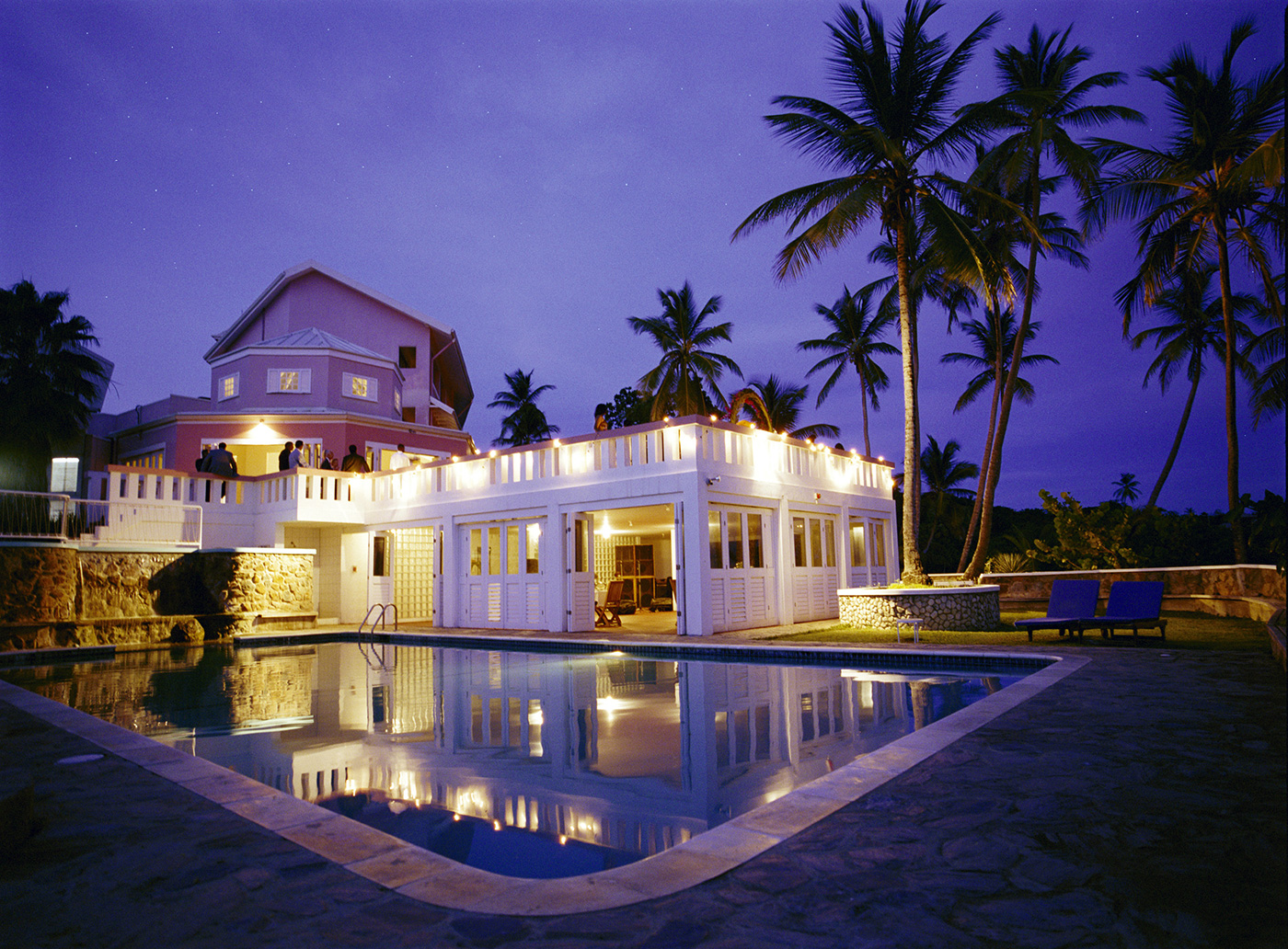
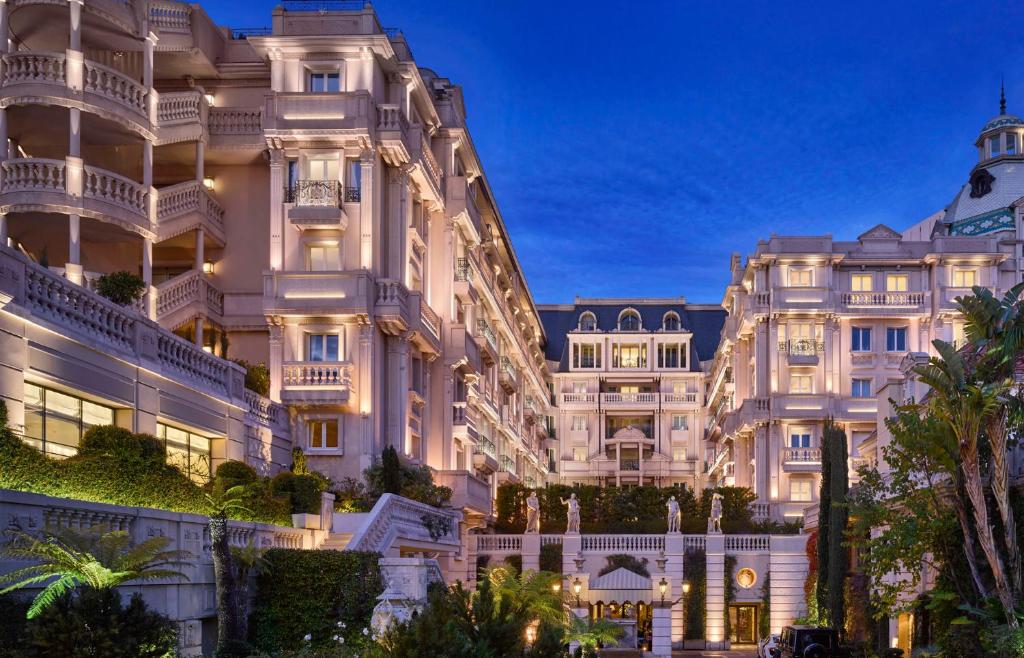
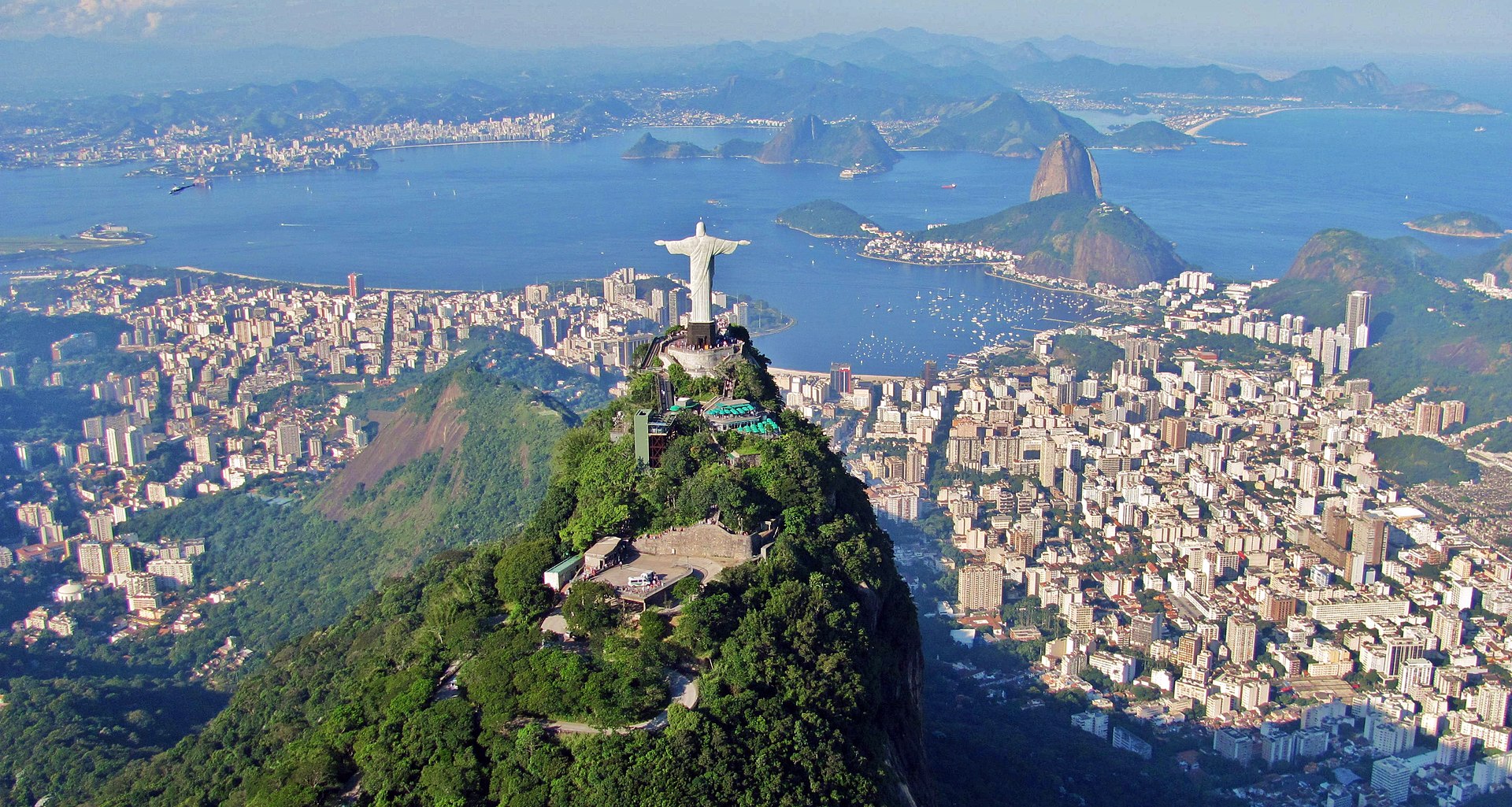
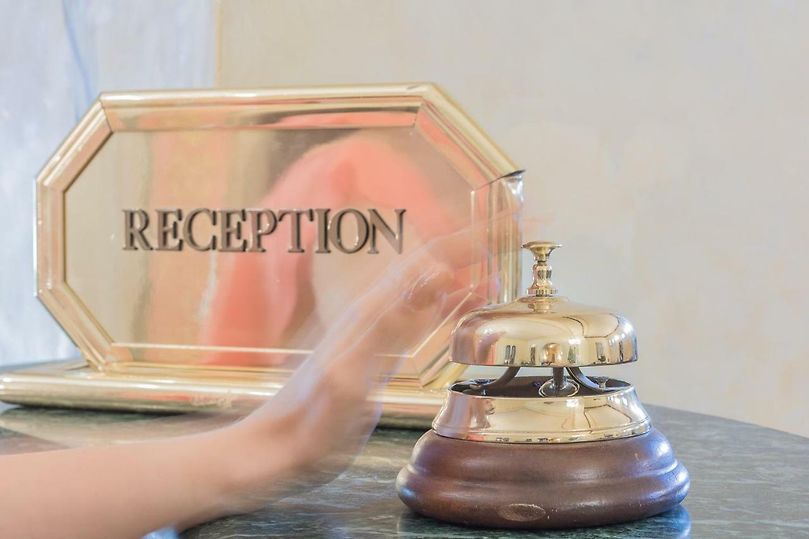
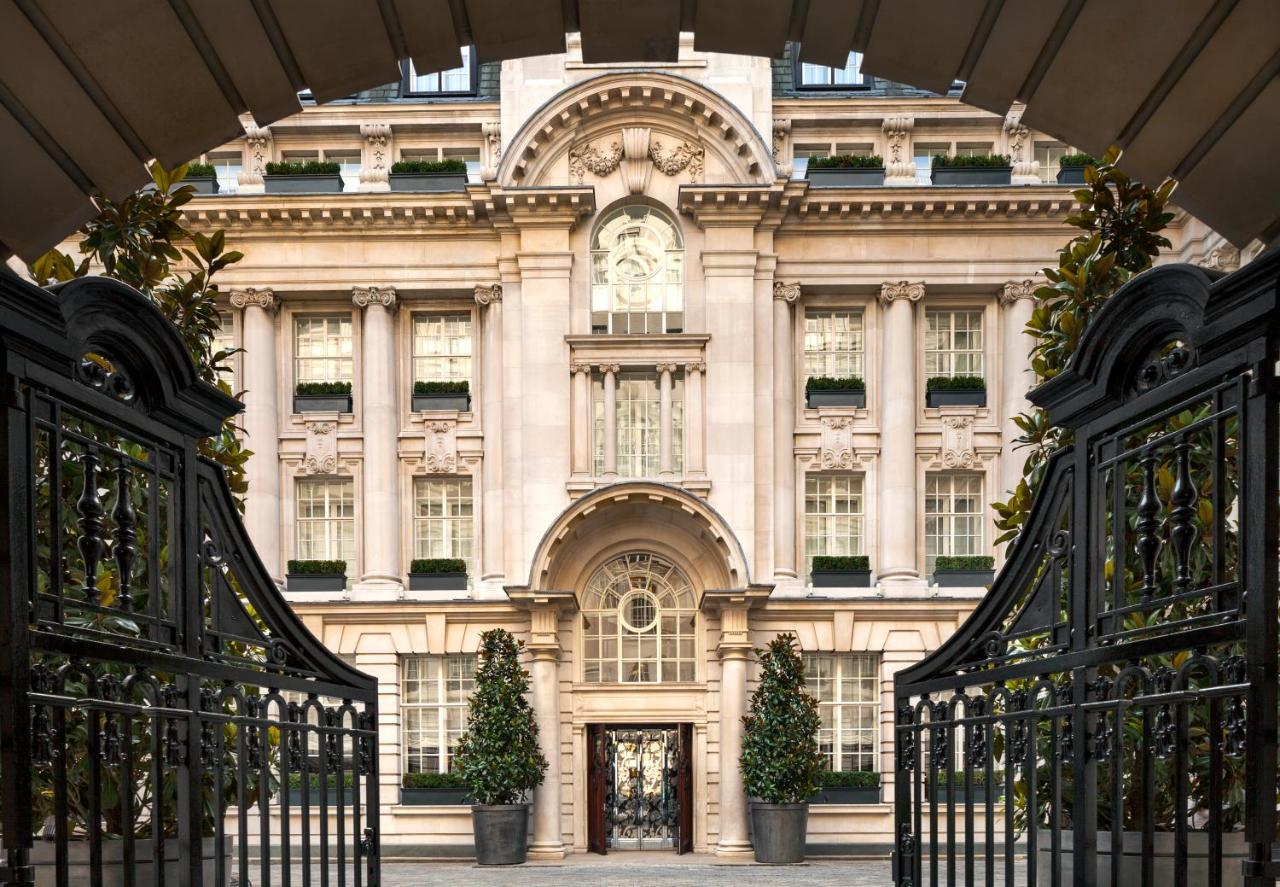
Bardejov-Mihalov, Slovakia
Agent: Cliff Jacobs - Managing Principal Estate Agent & CEO (Nat.Dpl.Hotel Man (UJ). M.P.R.E.)
Agent Cellphone: +27 (0) 84 413 1071 / +27 (0) 61 716 6951
Agent Office Number: +27 (0) 84 413 1071
Agent Email Address: cliff@exquisitehotelconsultants.com
Type: Boutique Hotel
Bedrooms: 20
Bathrooms: 20
Showers: 20
Parking: 30
Yield: Not Disclosed
TGCSA Rating:

Bardejov
Bardejov is a town in North-Eastern Slovakia. It is situated in the Šariš region on a floodplain terrace of the Topľa River, in the hills of the Beskyd Mountains. It exhibits numerous cultural monuments in its completely intact medieval town center. The town is one of UNESCO's World Heritage Sites and currently maintains a population of about 32,000 inhabitants.
Etymology
There are two theories about the origin of the name. According to one theory, the name town comes from the Hungarian word "bárd" (English: 'chopper, hatchet'), which indicated an amount of forested territory which could be chopped down by one man in one day. In the Hungarian name (Bártfa), the "fa" (English: "tree") suffix came later, and it also changed the last letter of "bárd" to "bárt", for easier pronunciation.
Another theory derives the name from a Christian personal name Barděj, Barduj (abbreviated forms of Bartholomew) with common Slavic possessive suffix -ov. This theory is supported by the first recorded form of the name – Bardujef (1241). The motivation by the personal name is supported also by the presence of the suffix preserved in later Polish or Slovak sources.
History
The territory of present-day Bardejov has attracted settlers since the Stone Age. However, the first written reference to the town dates back to the 1240s, when monks from Bártfa complained to King Béla IV of Hungary about a violation of the town's borders by Eperjes (today Prešov, Slovakia). By that time, the important church of Sv. Aegidius (St. Giles) had already been built.
Heavily fortified in the 14th century, the town became a center of trade with Poland. More than 50 guilds controlled the flourishing economy. Bártfa gained the status of a royal town in 1376, later becoming a free royal town. In October 1410 at the Battle of Bardejov the Polish King Władysław II Jagiełło defeated the King Sigismund of Hungary and Croatia, who was later on crowned as King of Germany, King of Bohemia and Holy Roman Emperor.
The town's golden age ended in the 16th century, when several wars, pandemics, and other disasters plagued the country.
Beginning in the first quarter of the 18th century, the situation began to improve. Slovaks and Hasidic Jews came into Bártfa in large numbers. By the end of the century, the population of the town had regained the level of the 16th century. The burghers' houses were rebuilt or modified in keeping with current architectural fashion. A Jewish quarter with a synagogue, slaughterhouse, and ritual baths developed in the north-western suburbs. New churches and bridges were built, as well.
During the Reformation, Michal Radašin was called as town pastor.
Despite further fires in the last quarter of the 19th century, the town continued to thrive, thanks to major industrialization projects in the region. In 1893, a railway was opened connecting Eperjes to Bártfa. However, it declined again following its annexation and the establishment of the first Czechoslovak Republic, and became a backward farming region. World War II saw a worsening in the economic situation, though little damage from bombardment. Bardejov was taken by Soviet troops of the 1st Guards Army on 20 January 1945.
In 1950, Bardejov was declared a protected city core and extensive restoration of its cultural heritage began. These efforts culminated in Bardejov receiving the European Gold Medal by the International Board of Trustees in Hamburg in 1986 – the first town in Czechoslovakia to receive the award.[10] On November 20, 2000, Bardejov was selected by UNESCO as one of its World Heritage Sites, recognized for its Jewish Suburbia and historic town center. In November 2010, the city marked the 10th anniversary of its inscription on the UNESCO World Heritage list.
Today, Bardejov is known mainly for its authentic old town square, which due to extensive restoration and preservation of its Medieval, Renaissance, and Gothic architecture has made Bardejov a popular tourist destination. The town draws on its rich heritage to further develop cultural traditions, such as an annual trade fair and the Roland Games (commemorating its medieval past).
Like many European small towns, Bardejov maintained a strong Jewish population before World War II and the Holocaust.
In March 2006, the Bardejov Jewish Preservation Committee was founded as a non-profit organization by Emil Fish, a survivor of Bergen-Belsen concentration camp who was born in Bardejov. In July 2005, Mr. Fish returned to Bardejov with his wife and son for the first time since 1949. His response to the disrepair and dilapidation of the synagogues and the Jewish cemetery was a resolve to restore and preserve these properties. The committee is composed of Bardejov survivors, their descendants and friends, and others interested in commemorating the vanishing Jewish communities of Eastern Europe. Today, the committee's stated mission is to: "restore the Jewish properties of Bardejov, Slovakia"; "build awareness of the cultural and historical significance of Jewish life in Bardejov and Slovakia"; and "advance knowledge of Jewish ancestry and heritage.
Slovakia
Slovakia, officially the Slovak Republic, is a landlocked country in Central Europe. It is bordered by Poland to the north, Ukraine to the east, Hungary to the south, Austria to the southwest, and the Czech Republic to the northwest. Slovakia's mostly mountainous territory spans about 49,000 square kilometres (19,000 sq mi), with a population of over 5.4 million. The capital and largest city is Bratislava, while the second largest city is Košice.
The Slavs arrived in the territory of present-day Slovakia in the fifth and sixth centuries. In the seventh century, they played a significant role in the creation of Samo's Empire. In the ninth century, they established the Principality of Nitra, which was later conquered by the Principality of Moravia to establish Great Moravia. In the 10th century, after the dissolution of Great Moravia, the territory was integrated into the Principality of Hungary, which then became the Kingdom of Hungary in 1000. In 1241 and 1242, after the Mongol invasion of Europe, much of the territory was destroyed. The area was recovered largely thanks to Béla IV of Hungary, who also settled Germans, leading them to become an important ethnic group in the area, especially in what are today parts of central and eastern Slovakia.
After World War I and the dissolution of the Austro-Hungarian Empire, the state of Czechoslovakia was established. It was the only country in central and eastern Europe to remain a democracy during the interwar period. Nevertheless, local fascist parties gradually came to power in the Slovak lands, and the first Slovak Republic existed during World War II as a partially-recognised client state of Nazi Germany. At the end of World War II, Czechoslovakia was re-established as an independent country. After a coup in 1948, Czechoslovakia came under communist administration, and became a part of the Soviet-led Eastern Bloc. Attempts to liberalise communism in Czechoslovakia culminated in the Prague Spring, which was crushed by the Warsaw Pact invasioIn of Czechoslovakia in August 1968. In 1989, the Velvet Revolution peacefully ended the Communist rule in Czechoslovakia. Slovakia became an independent state on 1 January 1993 after the peaceful dissolution of Czechoslovakia, sometimes known as the Velvet Divorce.
Slovakia is a developed country with an advanced high-income economy, ranking very high in the Human Development Index. It also performs favourably in measurements of civil liberties, press freedom, internet freedom, democratic governance, and peacefulness. The country maintains a combination of a market economy with a comprehensive social security system, providing citizens with universal health care, free education, and one of the longest paid parental leaves in the OECD. Slovakia is a member of the European Union, the Eurozone, the Schengen Area, the United Nations, NATO, CERN, the OECD, the WTO, the Council of Europe, the Visegrád Group, and the OSCE. Slovakia is also home to eight UNESCO World Heritage Sites. The world's largest per-capita car producer, Slovakia manufactured a total of 1.1 million cars in 2019, representing 43% of its total industrial output.
"Exclusive relaxation outside the city".
The quiet rooms and suites are spacious and comfortably furnished and have a marble bathroom.
The comfortable beds were specially designed for this hotel by a large American mattress manufacturer. The property also offers an indoor play area for the kids, as well as 3 small private lounges that can be used for private events or dinners. Banquet facilities and wedding venues are also available.
The Hotel and Resort offers a massage room, hikes on the oxygen trail around the hotel, as well as tennis courts and a playground for children. The restaurant serves a wide range of regional and international dishes.
Couples especially appreciate the location - they rated it a 9.0 for a two-person stay.
Located at the foot of the High Tatras in the town of Stary Smokovec, the hotel offers an indoor pool, a spa area 2 restaurants and a night club. The Hotel's rooms feature a flat-screen satellite TV, a minibar, a safe, and a bathroom with bathrobes and a hairdryer. The rooms offer free wired internet, while free Wi-Fi is available in public areas. The spa area includes hot tubs and various steam rooms and saunas. Guests can enjoy a wide range of massage, medical and beauty treatments in the Bellevue Grand Hotel’s balneotherapy section. There is a modern fitness room, and guests can play squash and table tennis. Bowling and billiard are also offered. Original Slovak cuisine is served in the Slovak Restaurant, while guests can enjoy international cuisine in the Savarin Restaurant. There is also a lobby bar and the Lucullus Night Club. Free private parking is available.

































































































Cliff Jacobs (Nat Dpl Hotel Man (UJ). MPRE. GA Level 5 TEFL) Managing Principal / CEO Exquisite Hotel Consultants (Pty) Ltd Mobile: +27 (0) 84 413 1071 (WhatsApp only) / +27 (0) 61 716 6951 (WhatsApp only) Email: cliff@exquisitehotelconsultants.com Web: https://www.exquisitehotelconsultants.com © All rights reserved Terms and Conditions apply Scroll down to view our Hospitality Properties and Businesses for sale or lease or lease-to-buy or partnership arrangement or management agreement arrangement